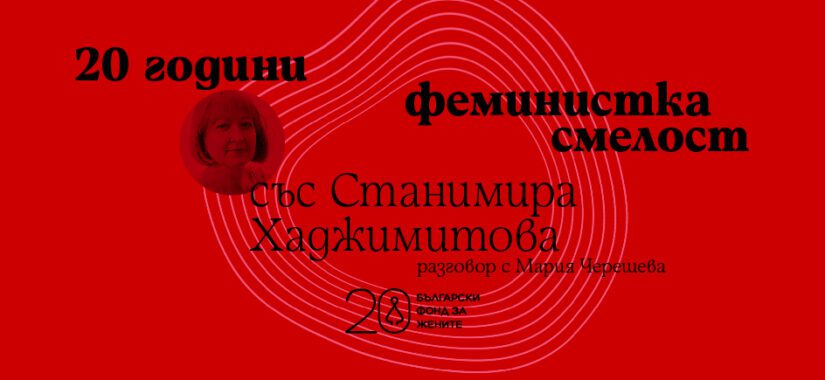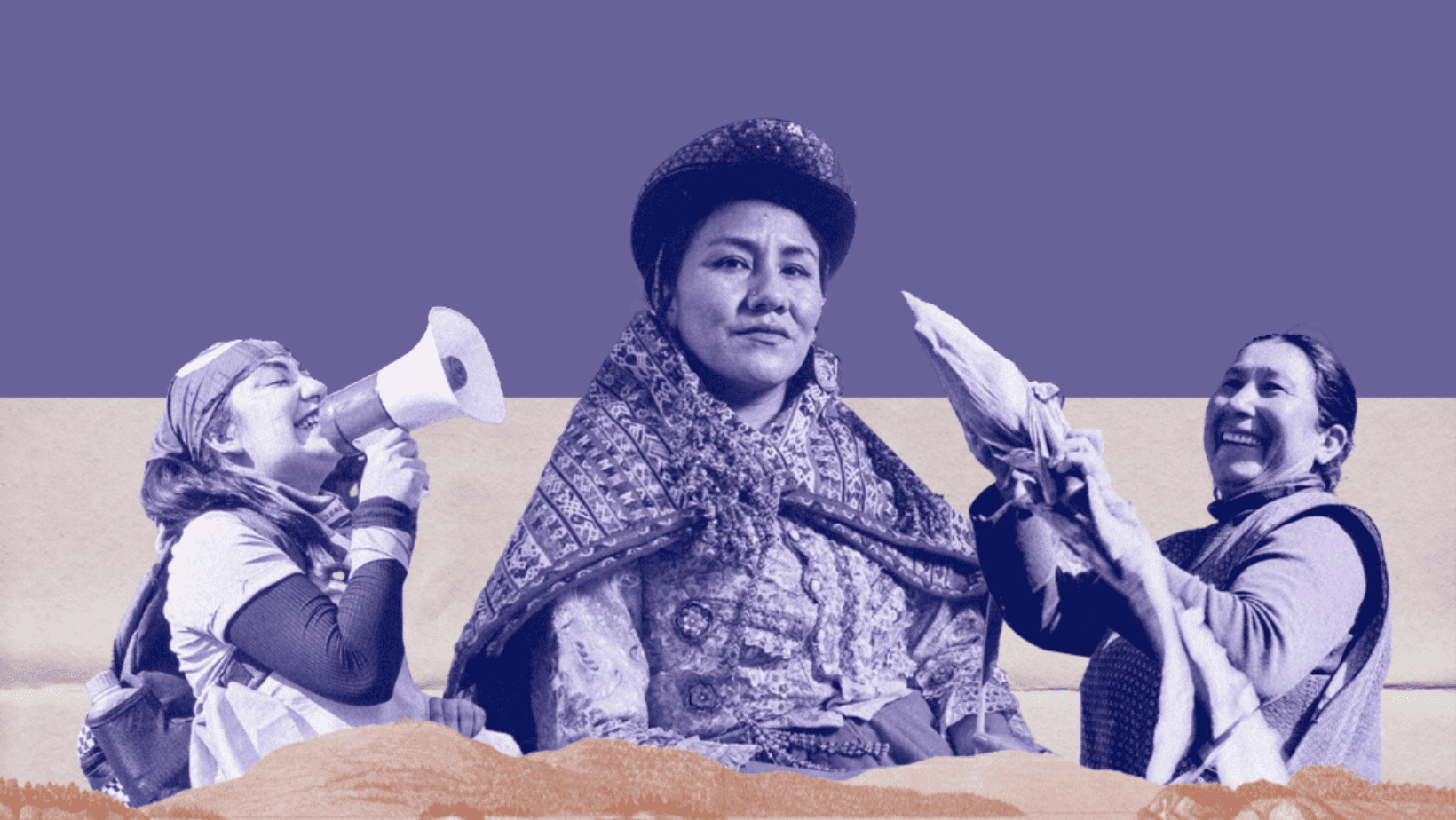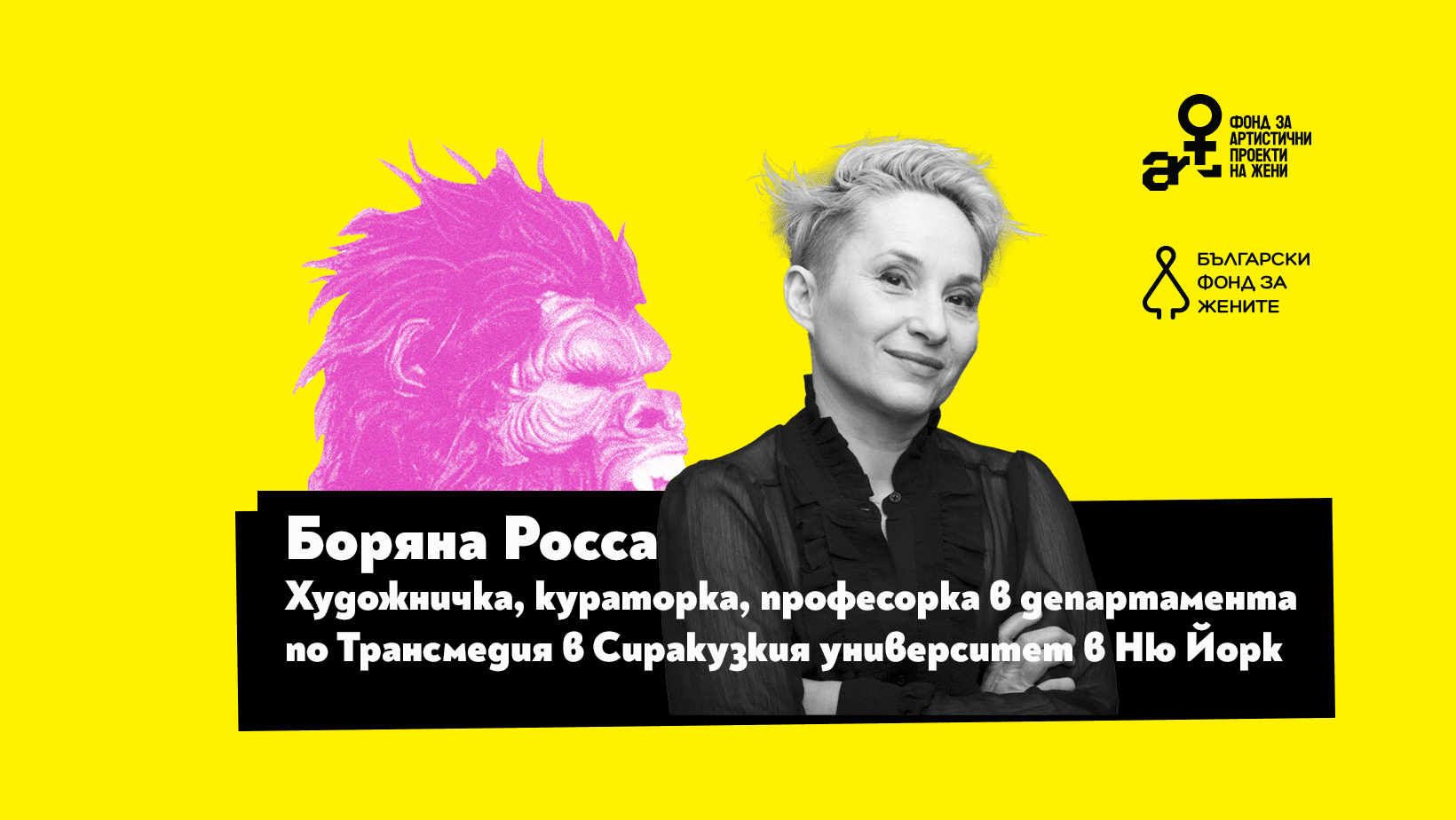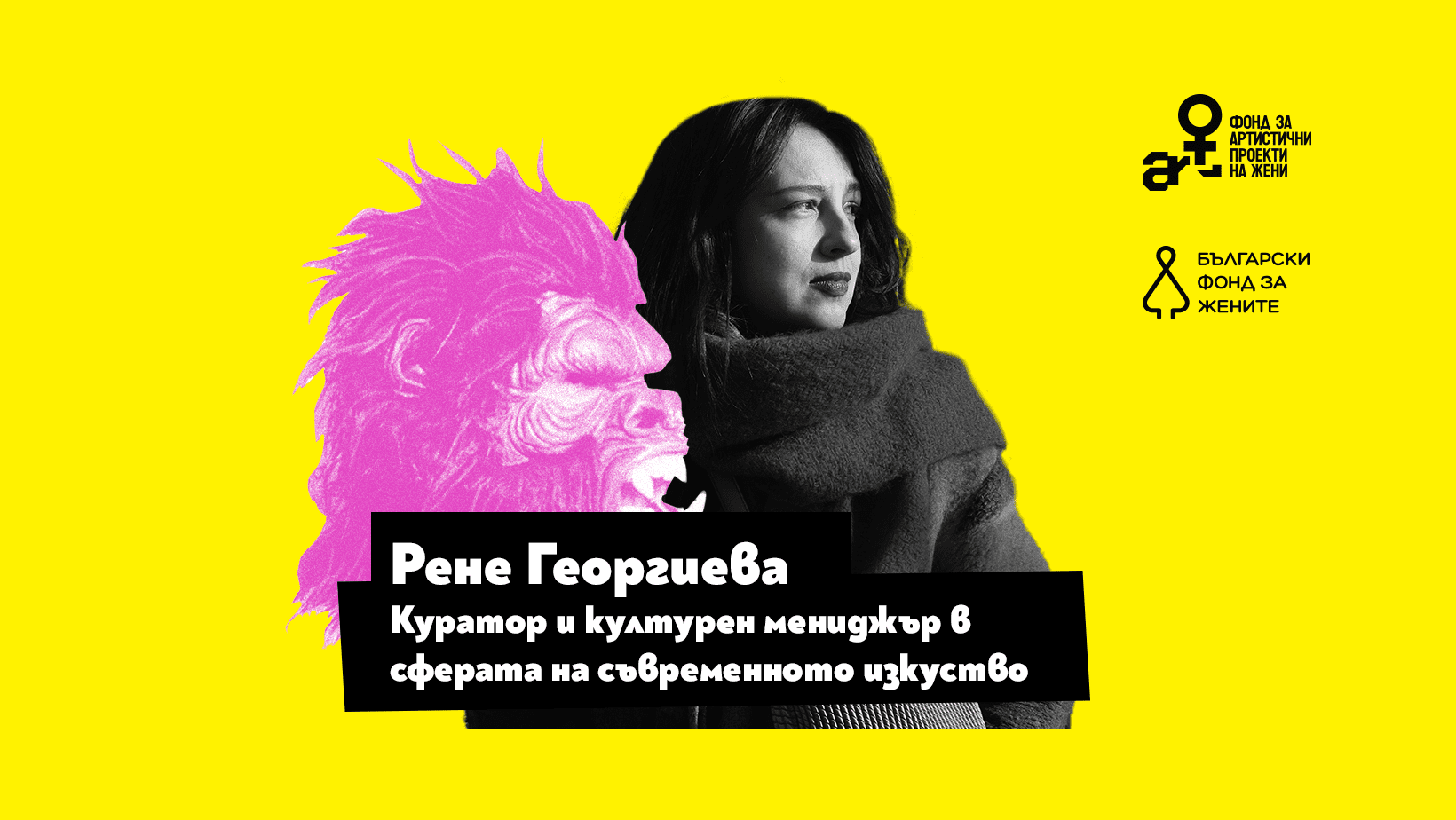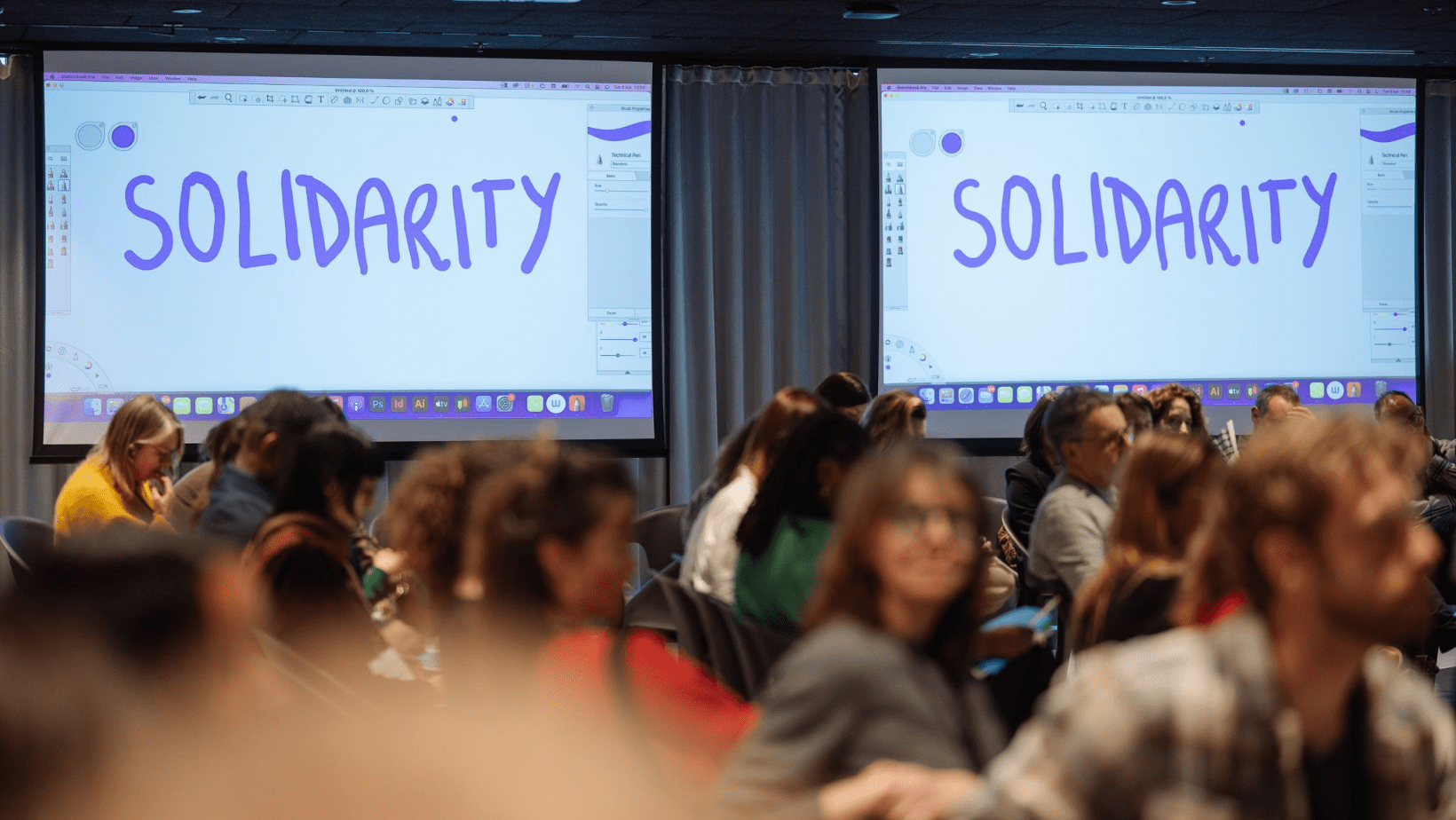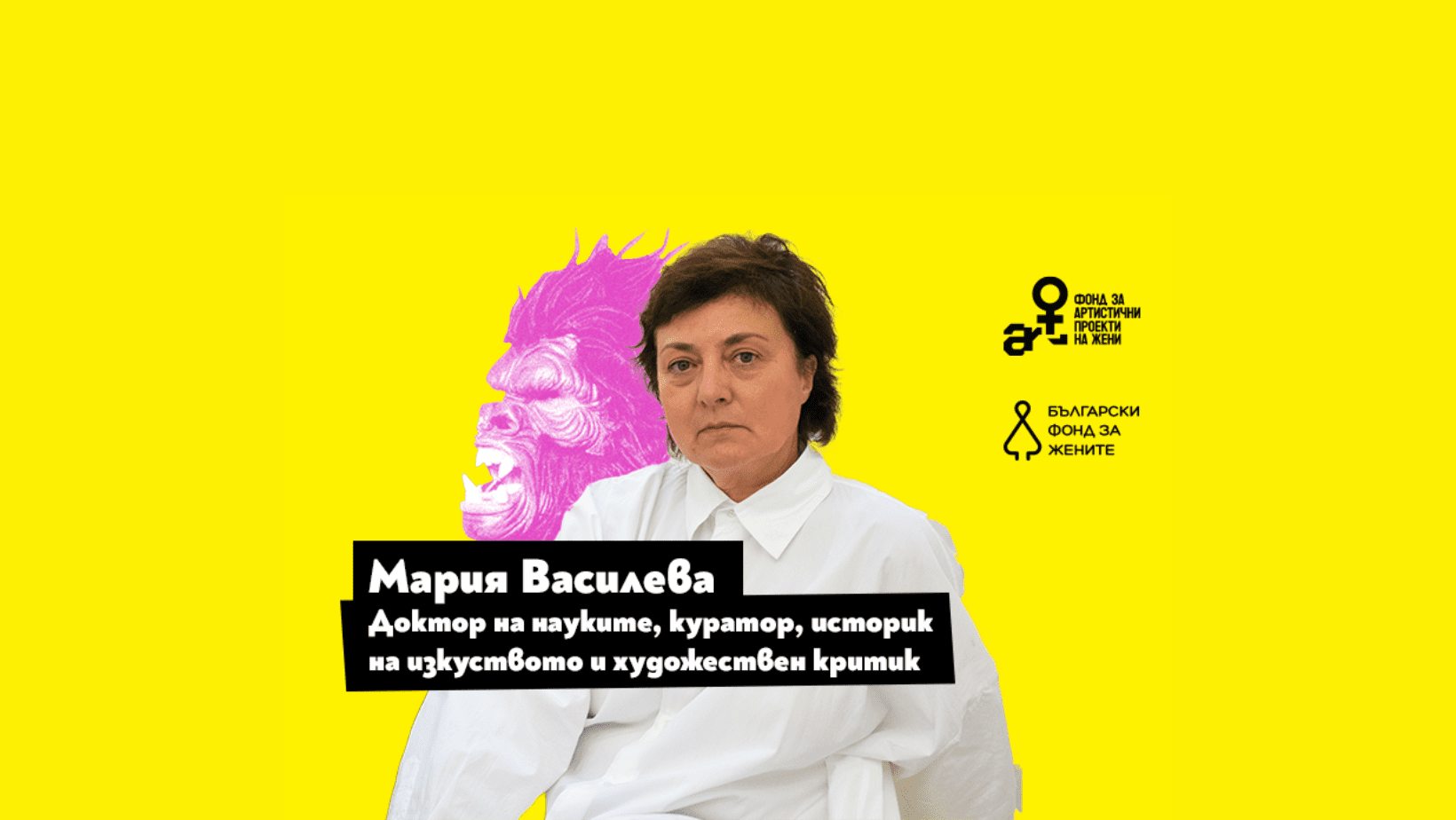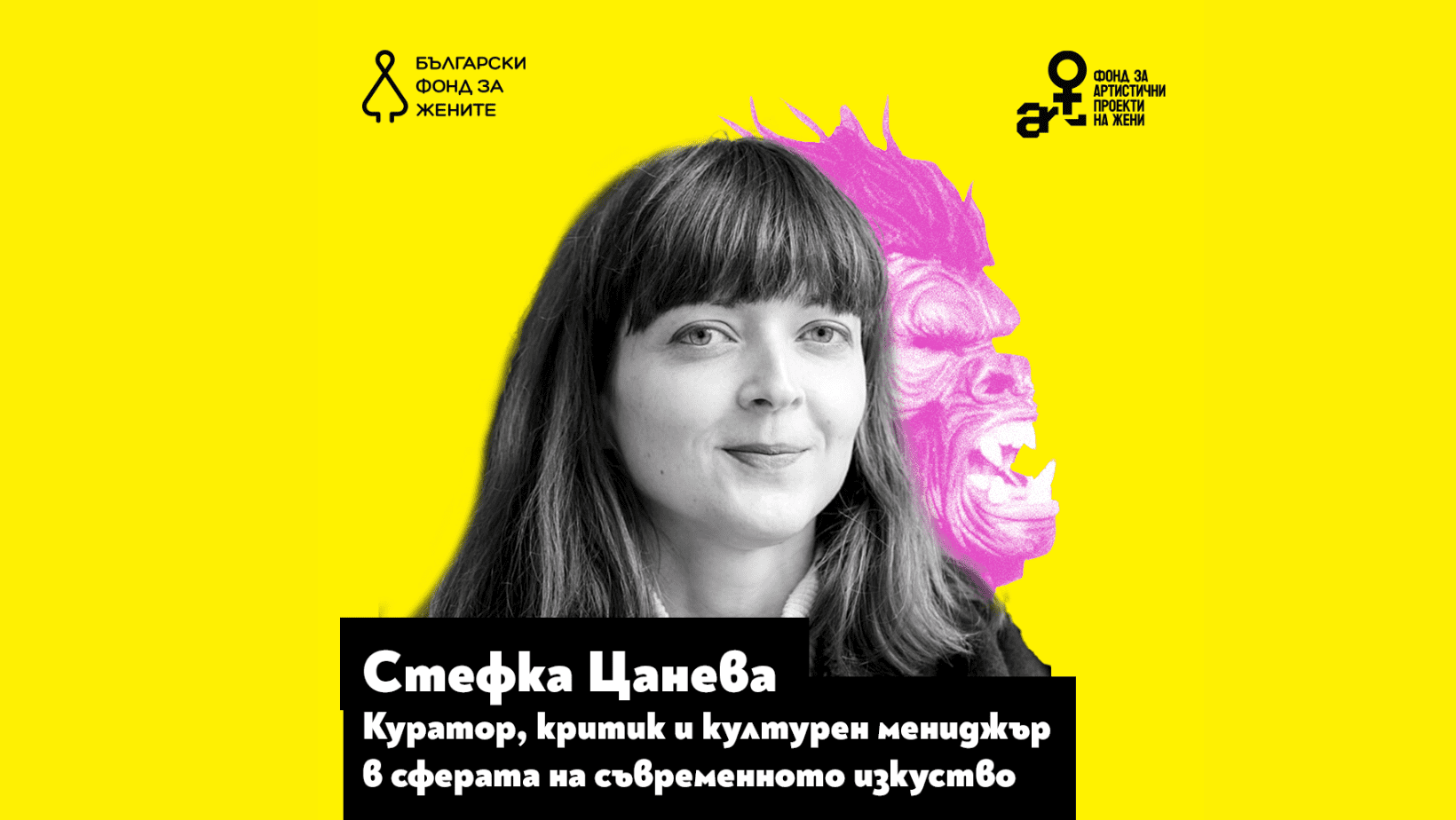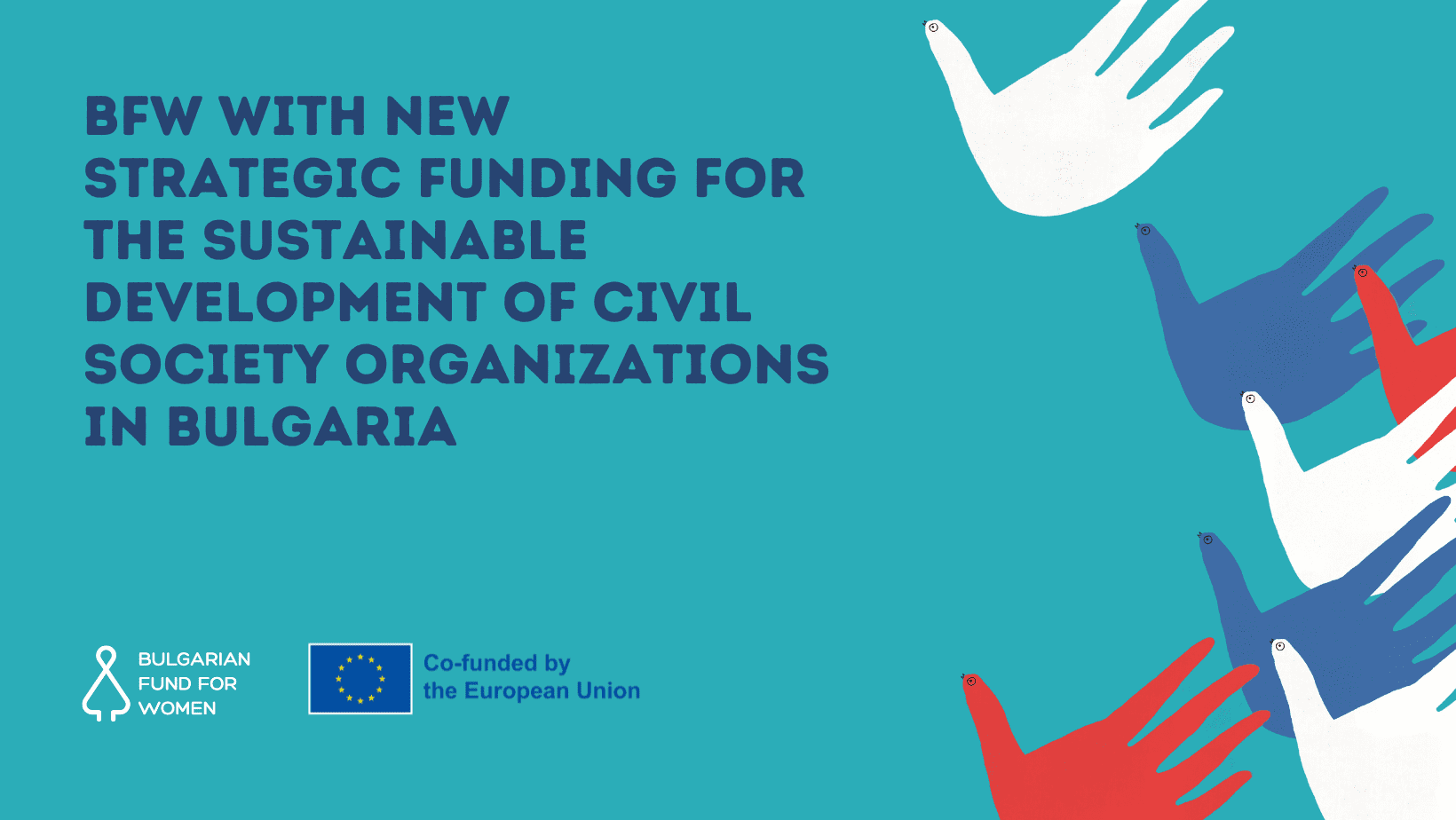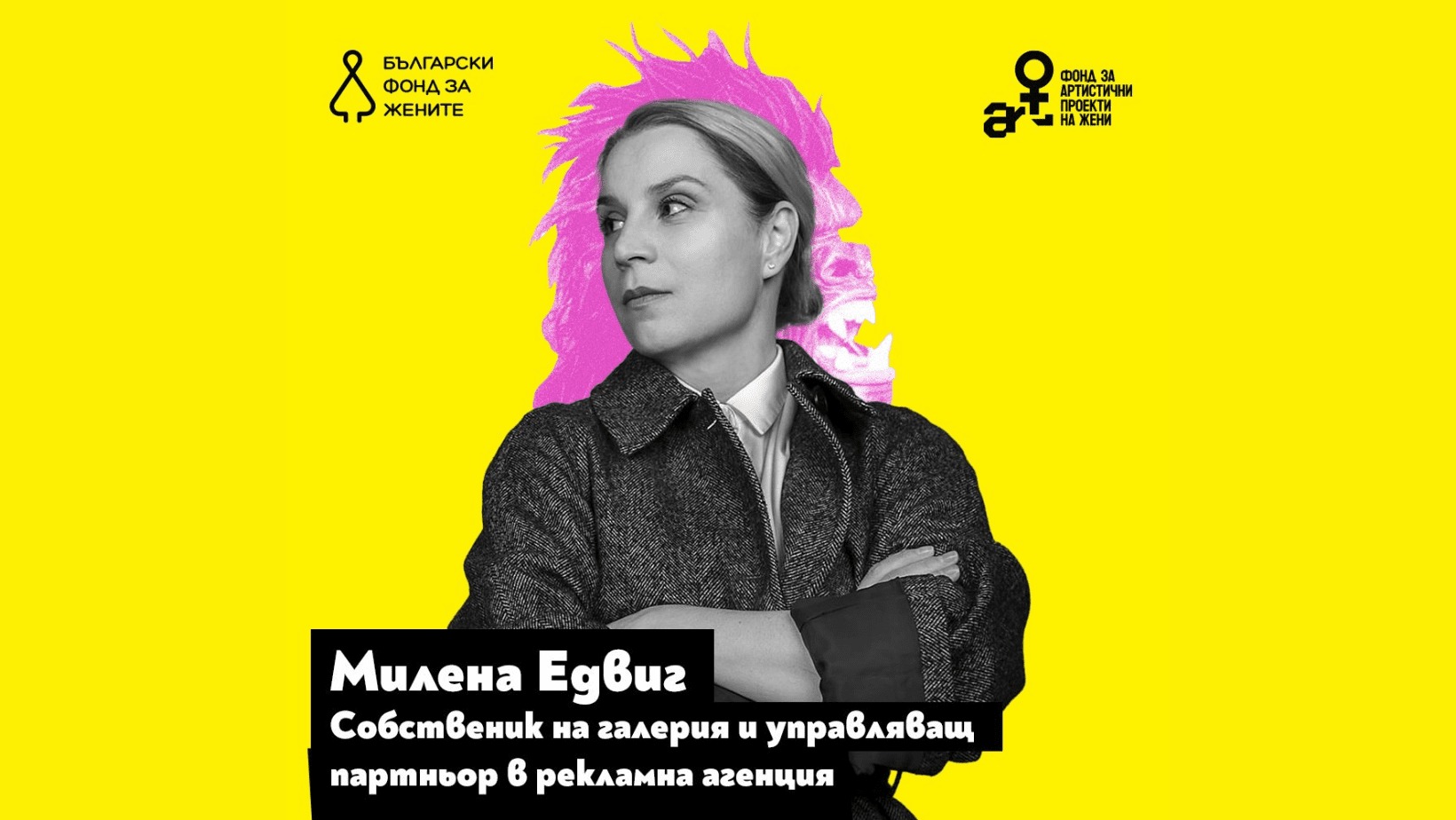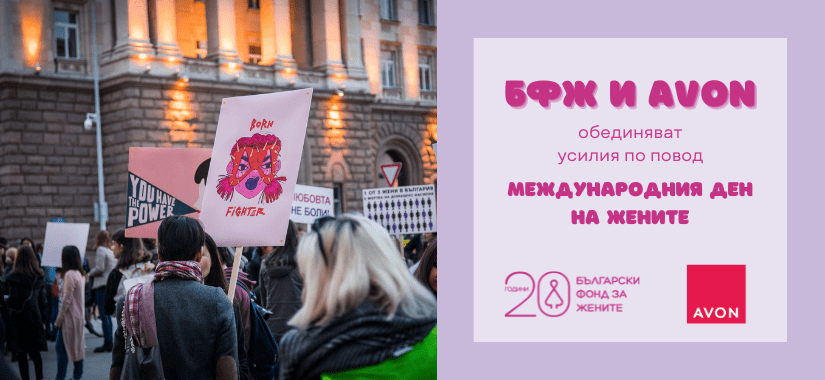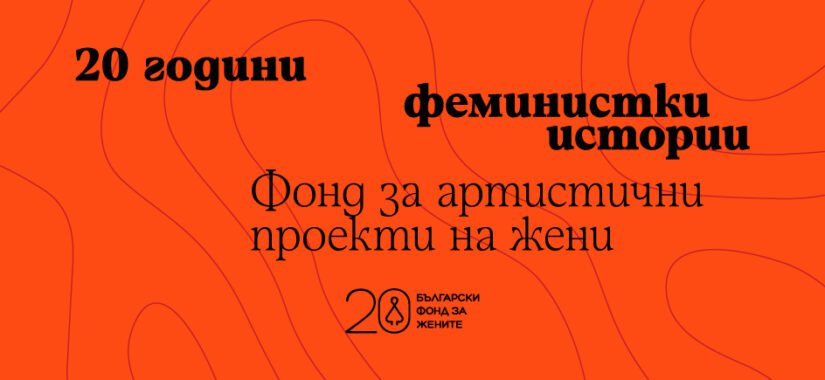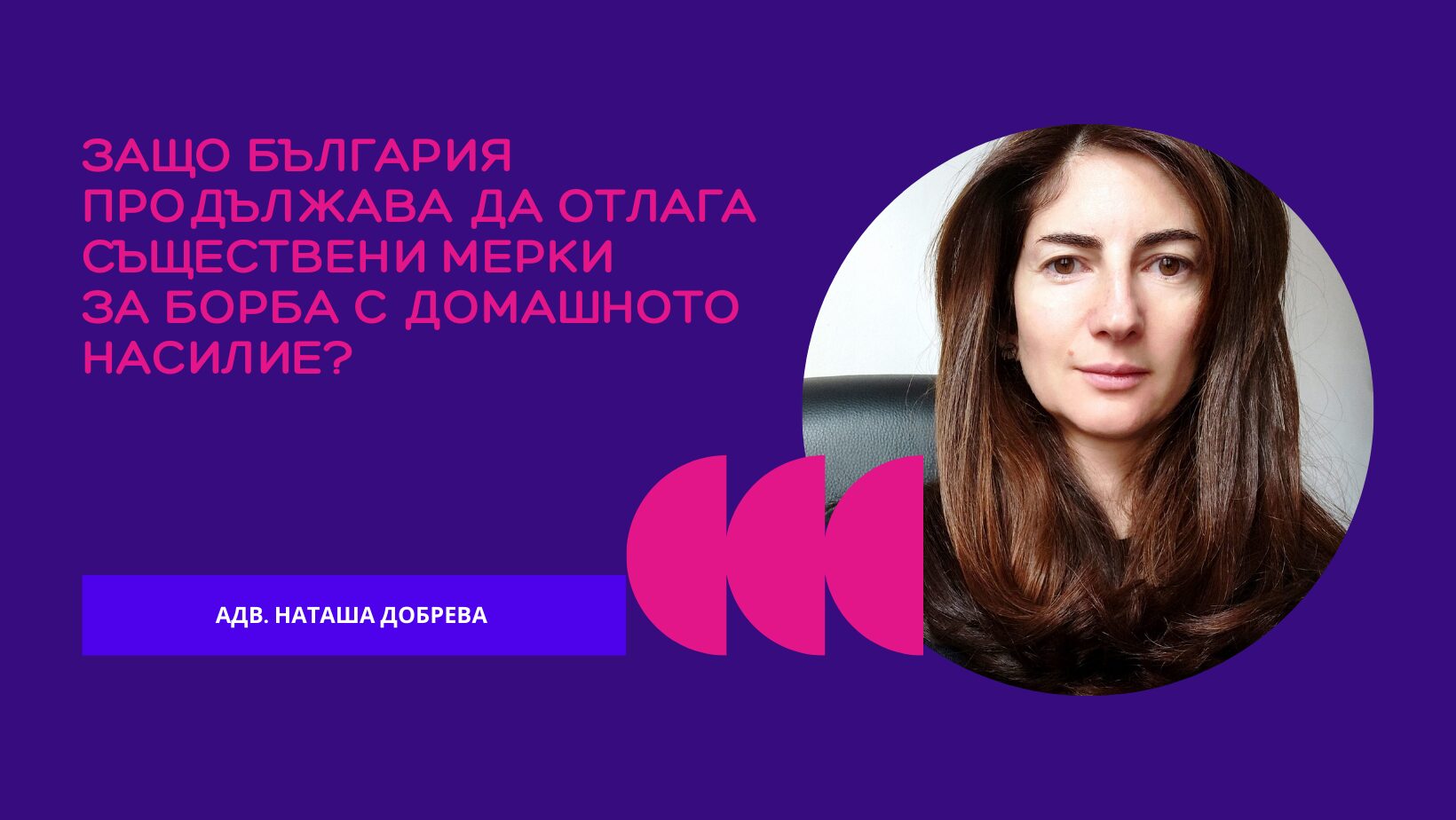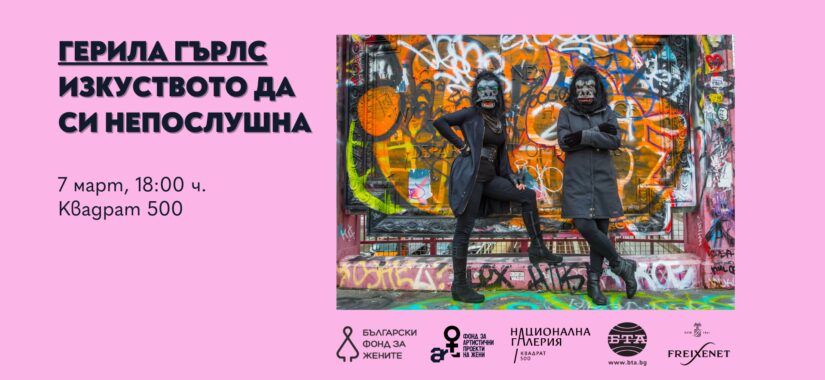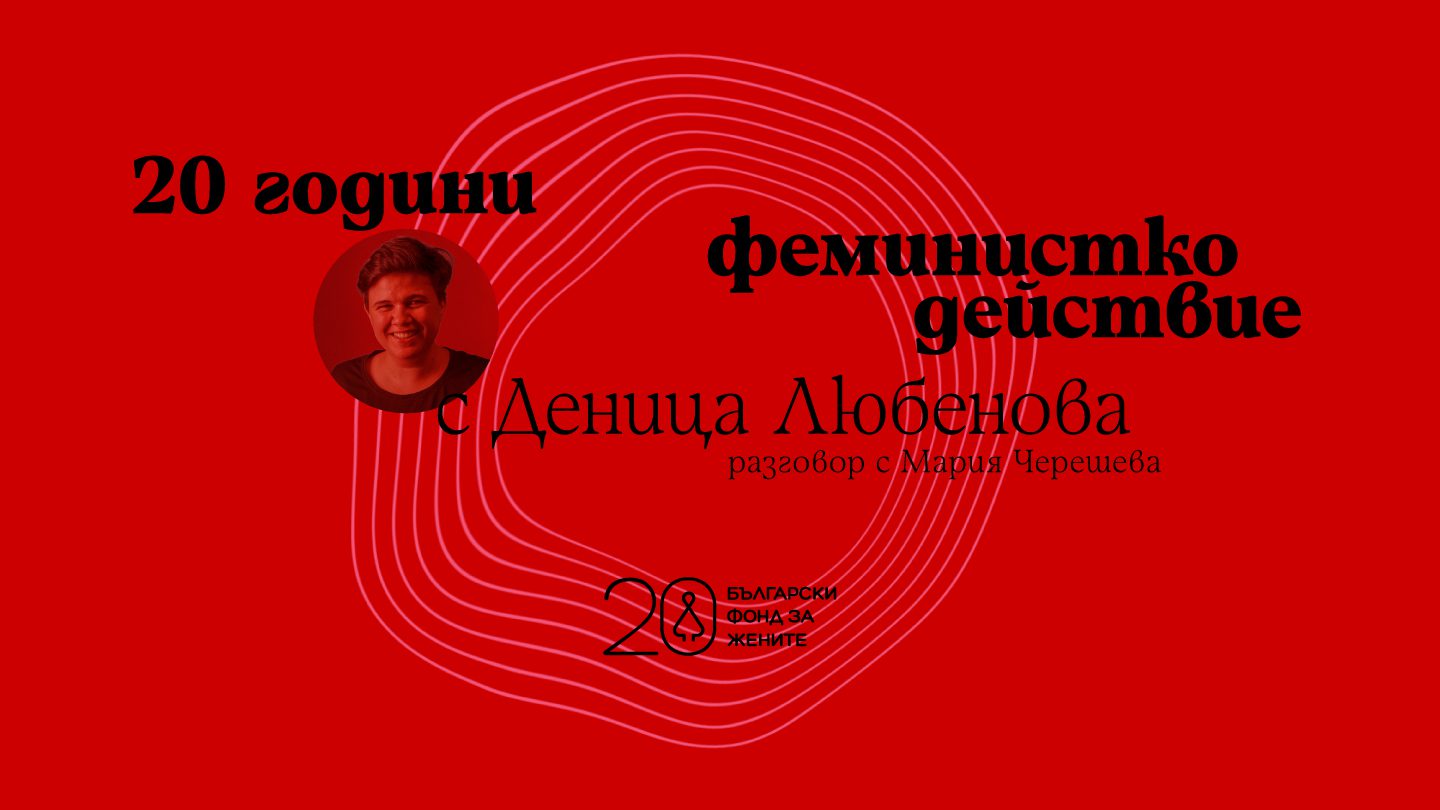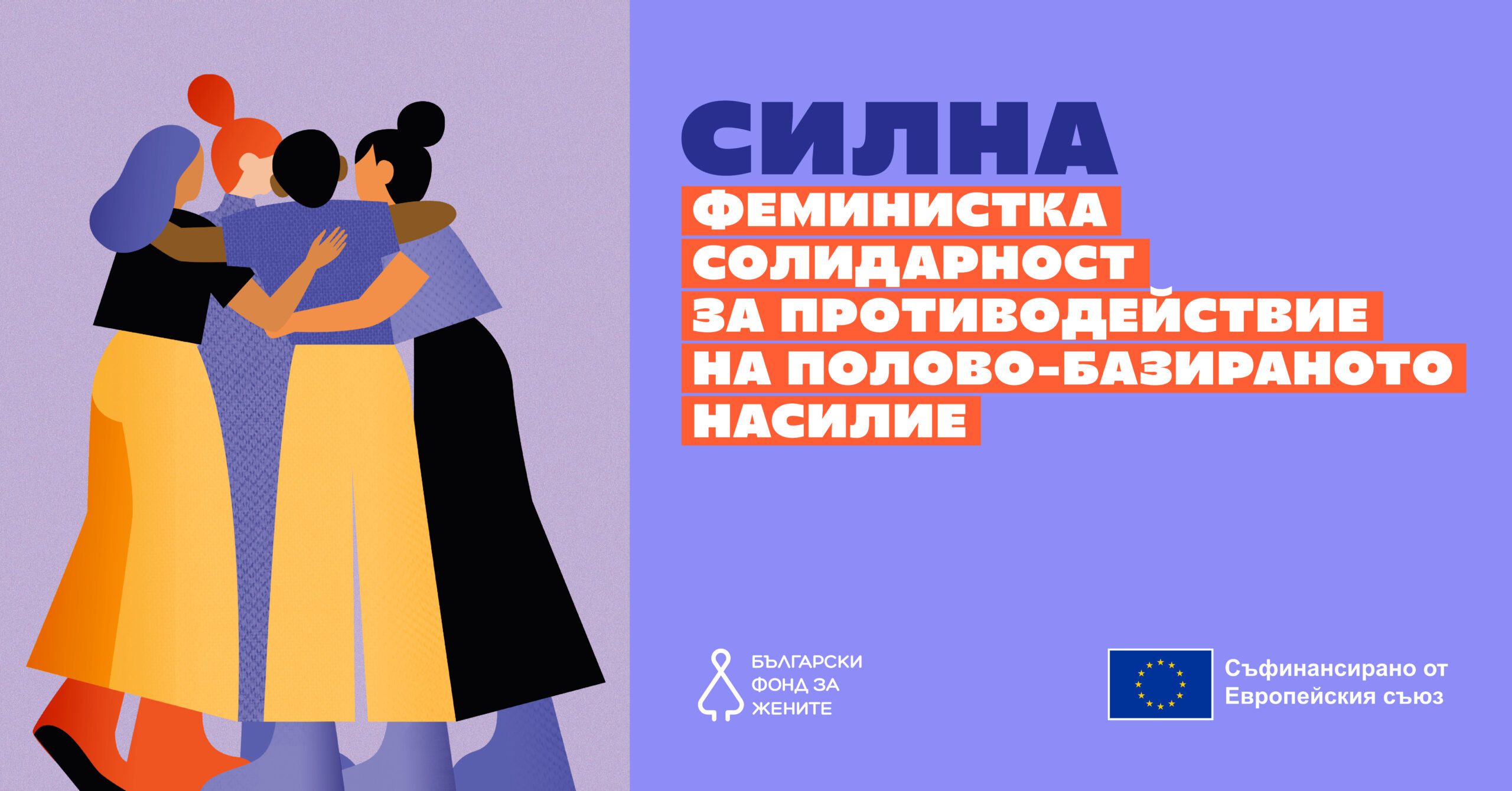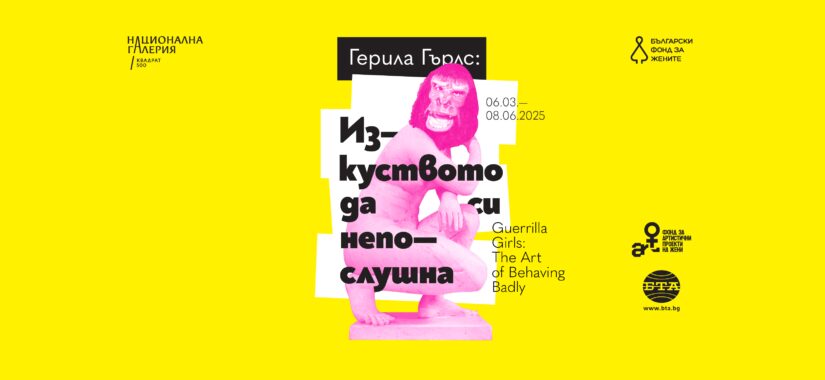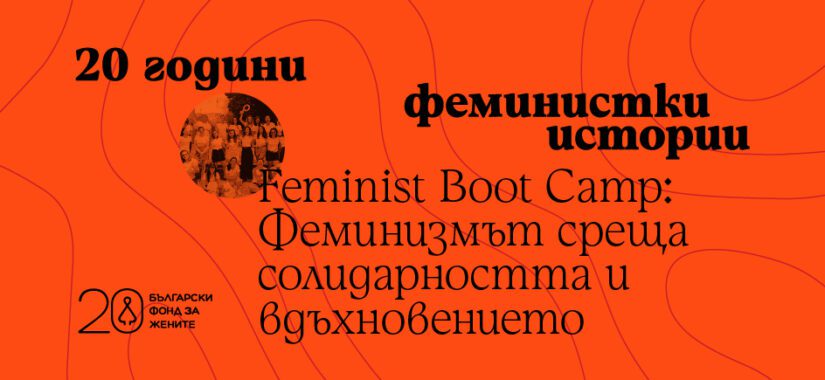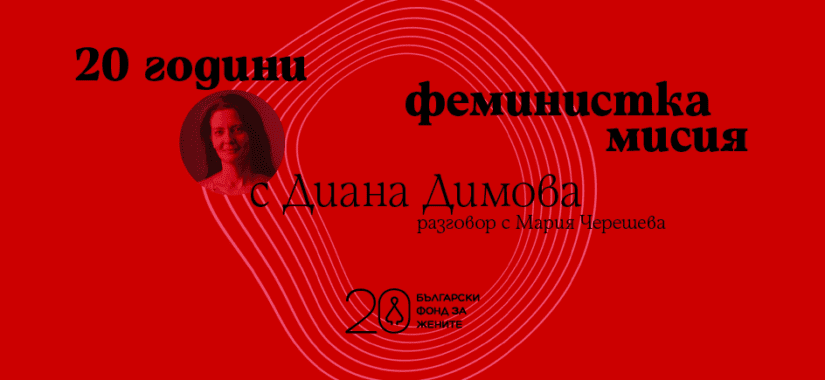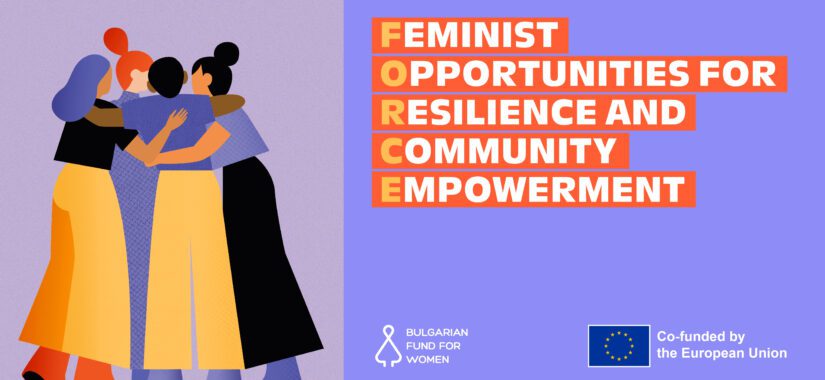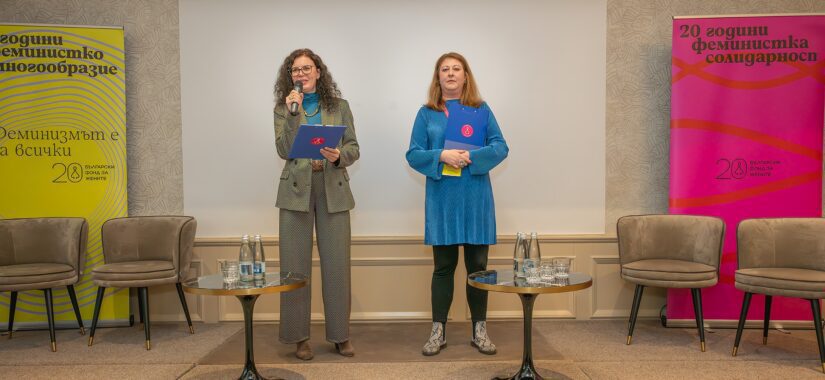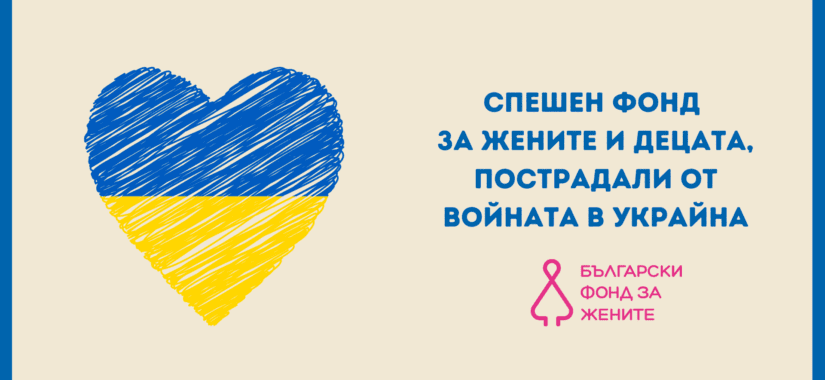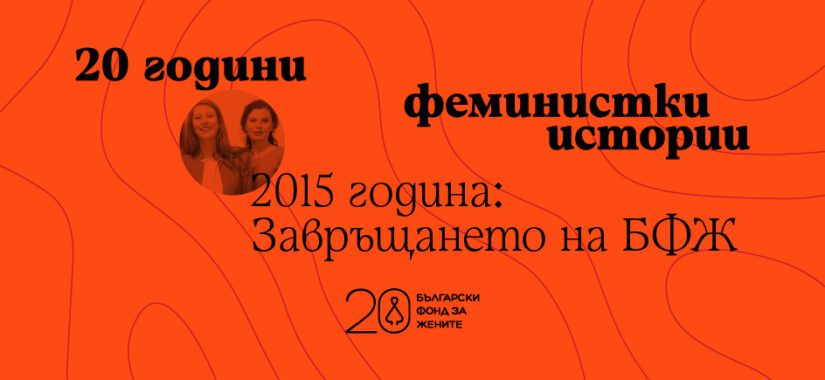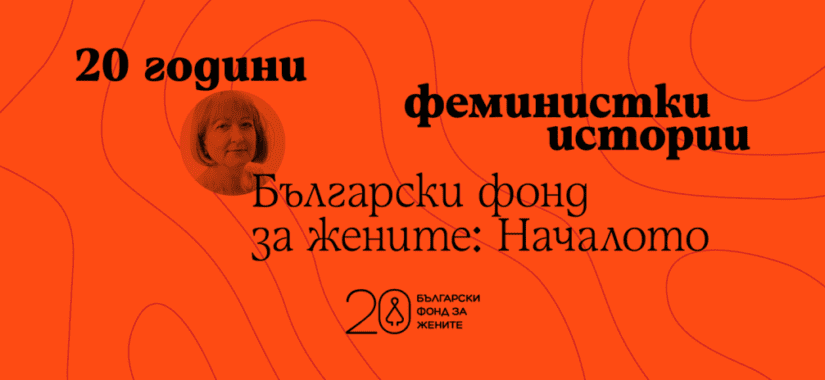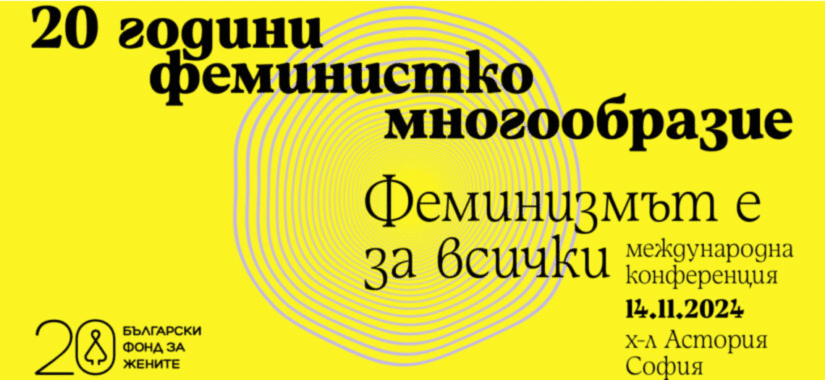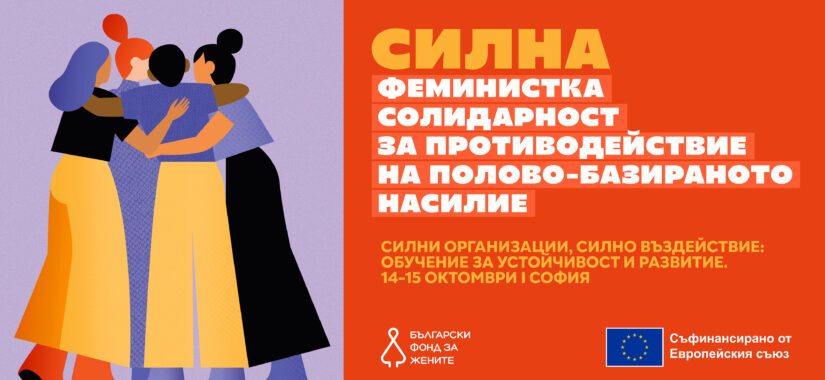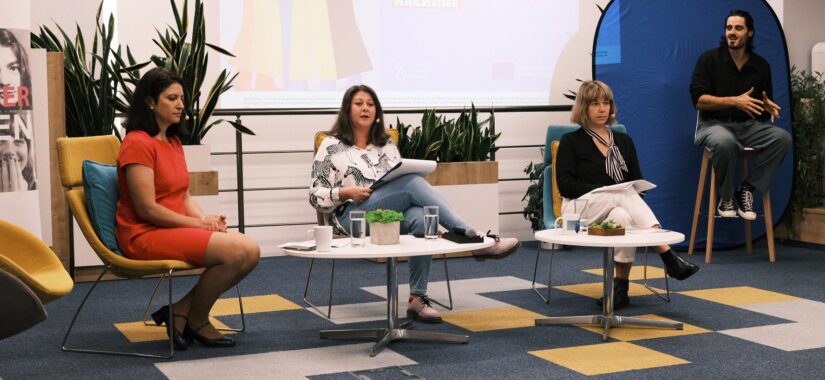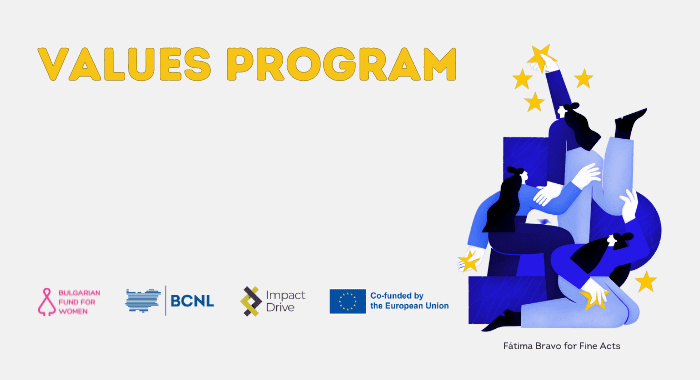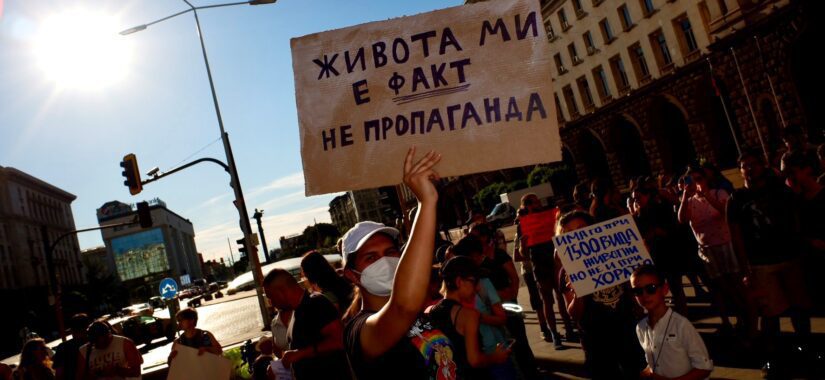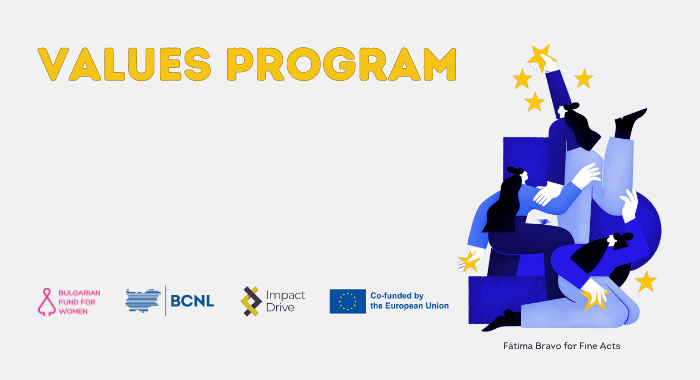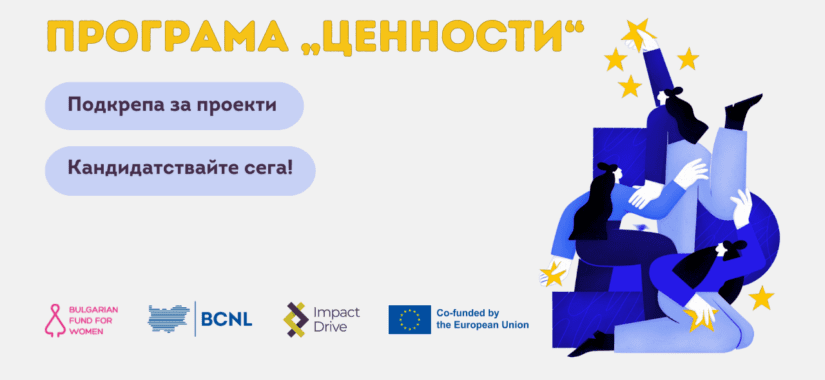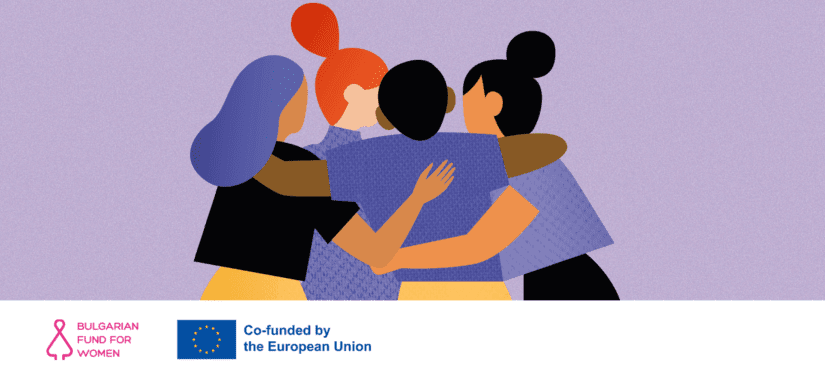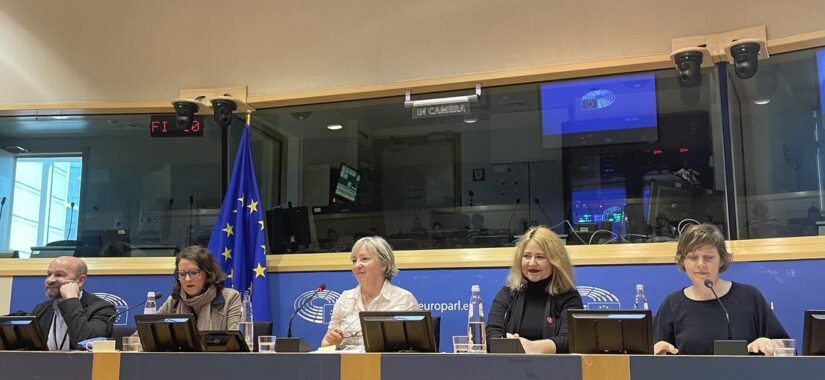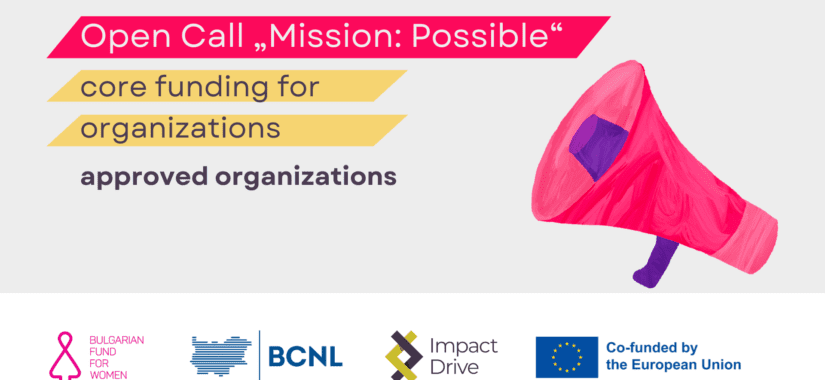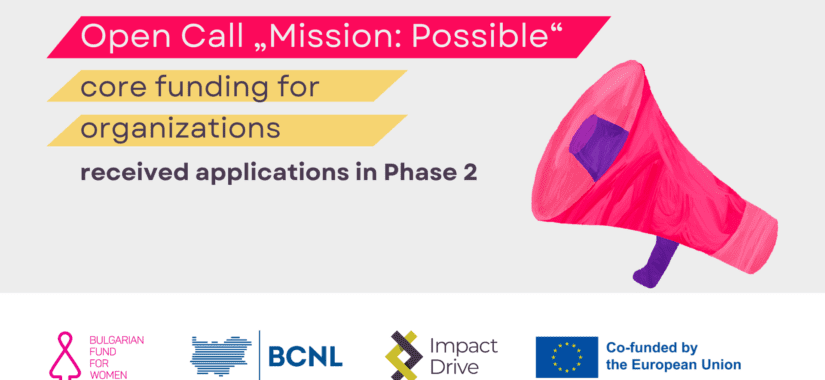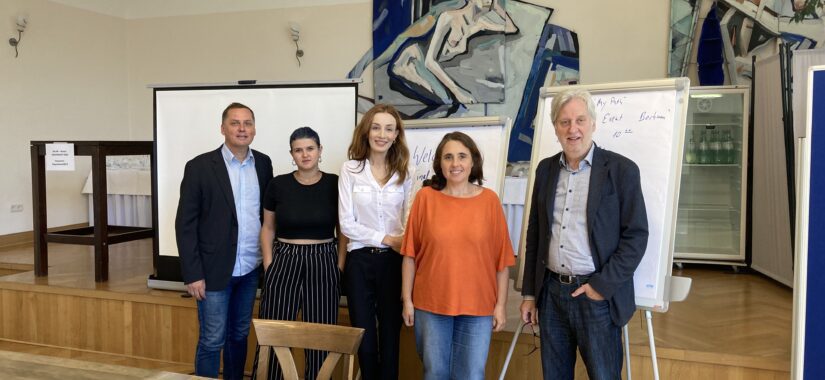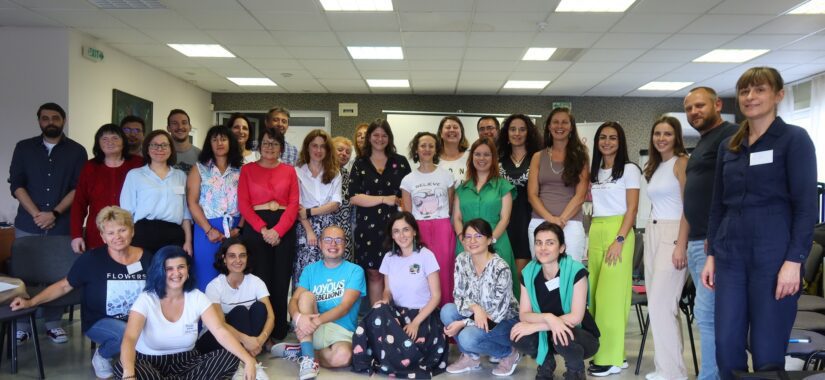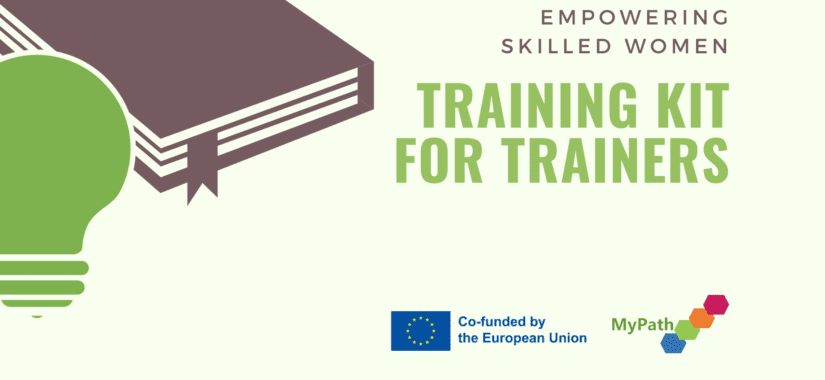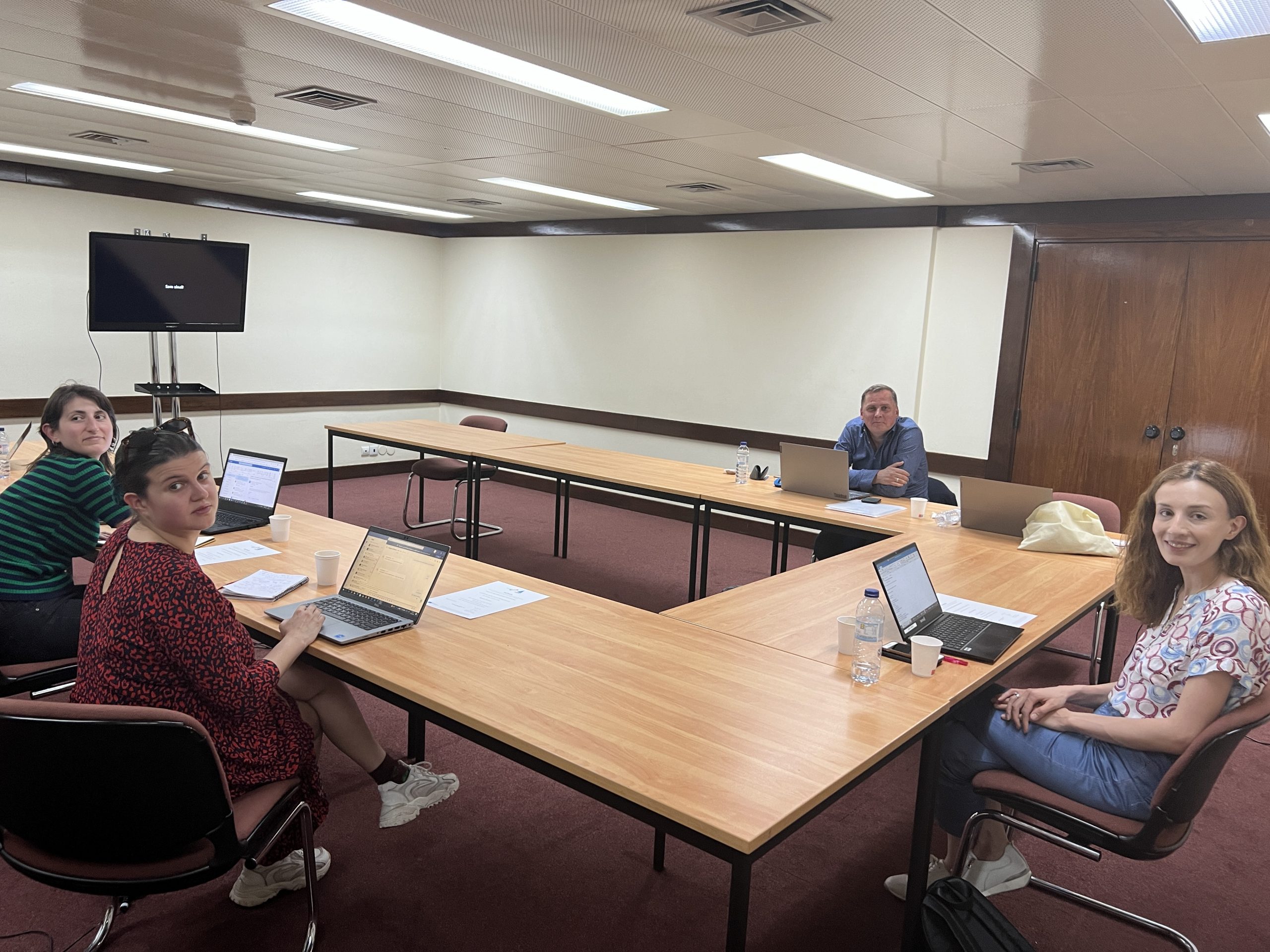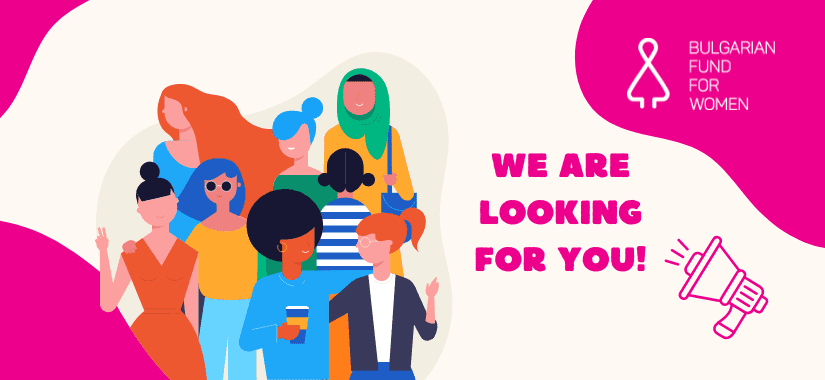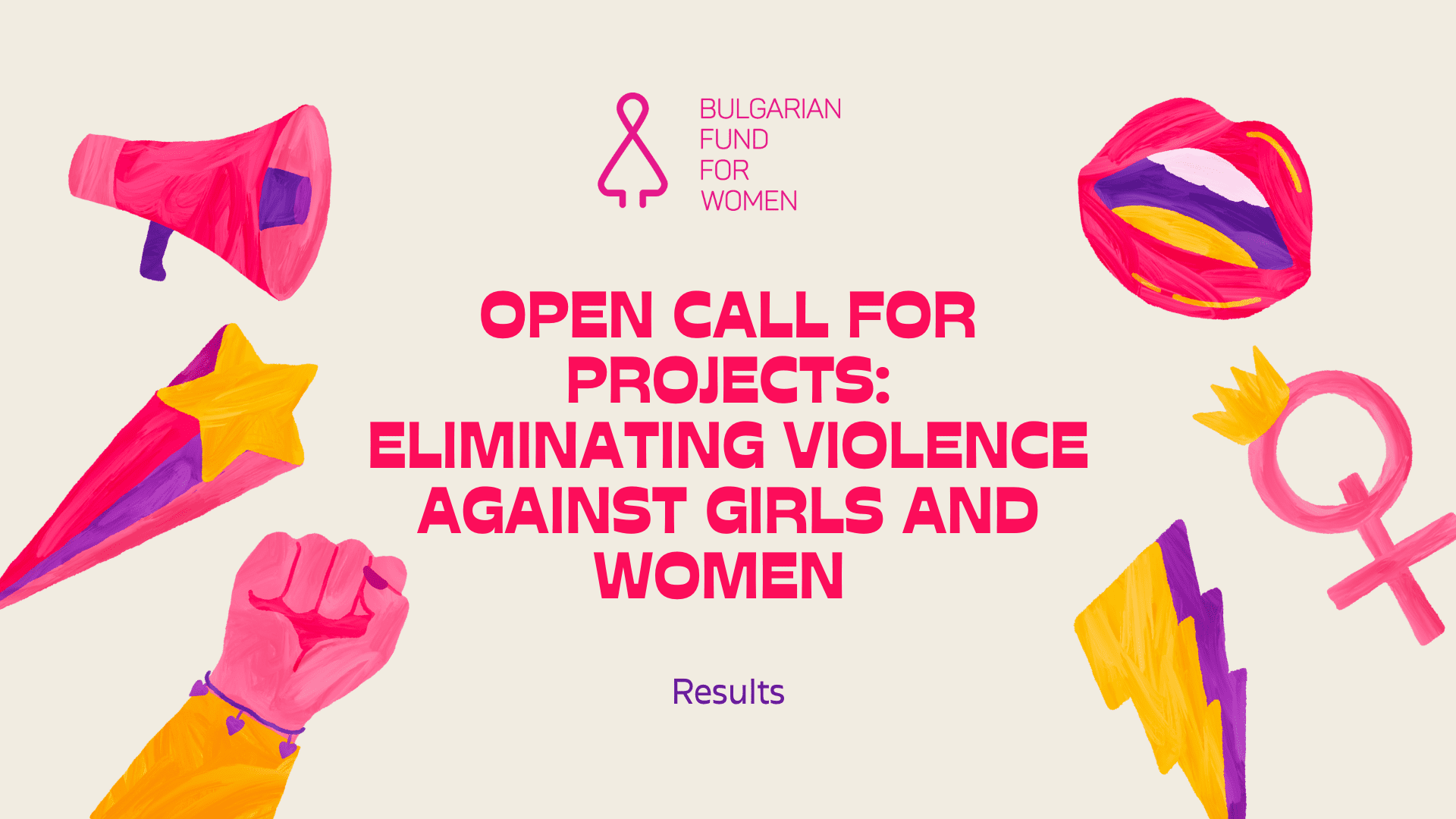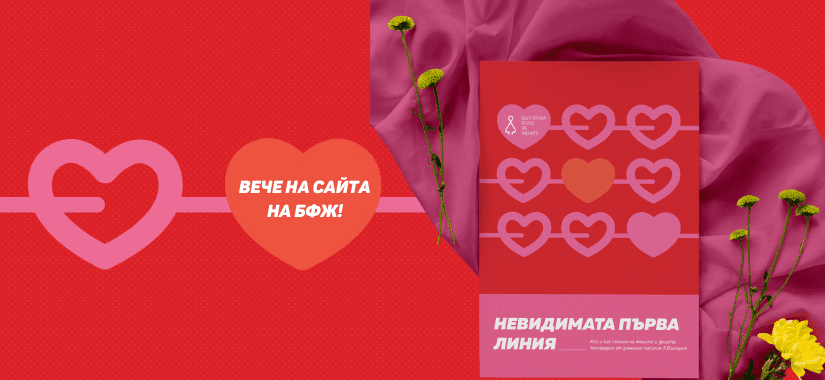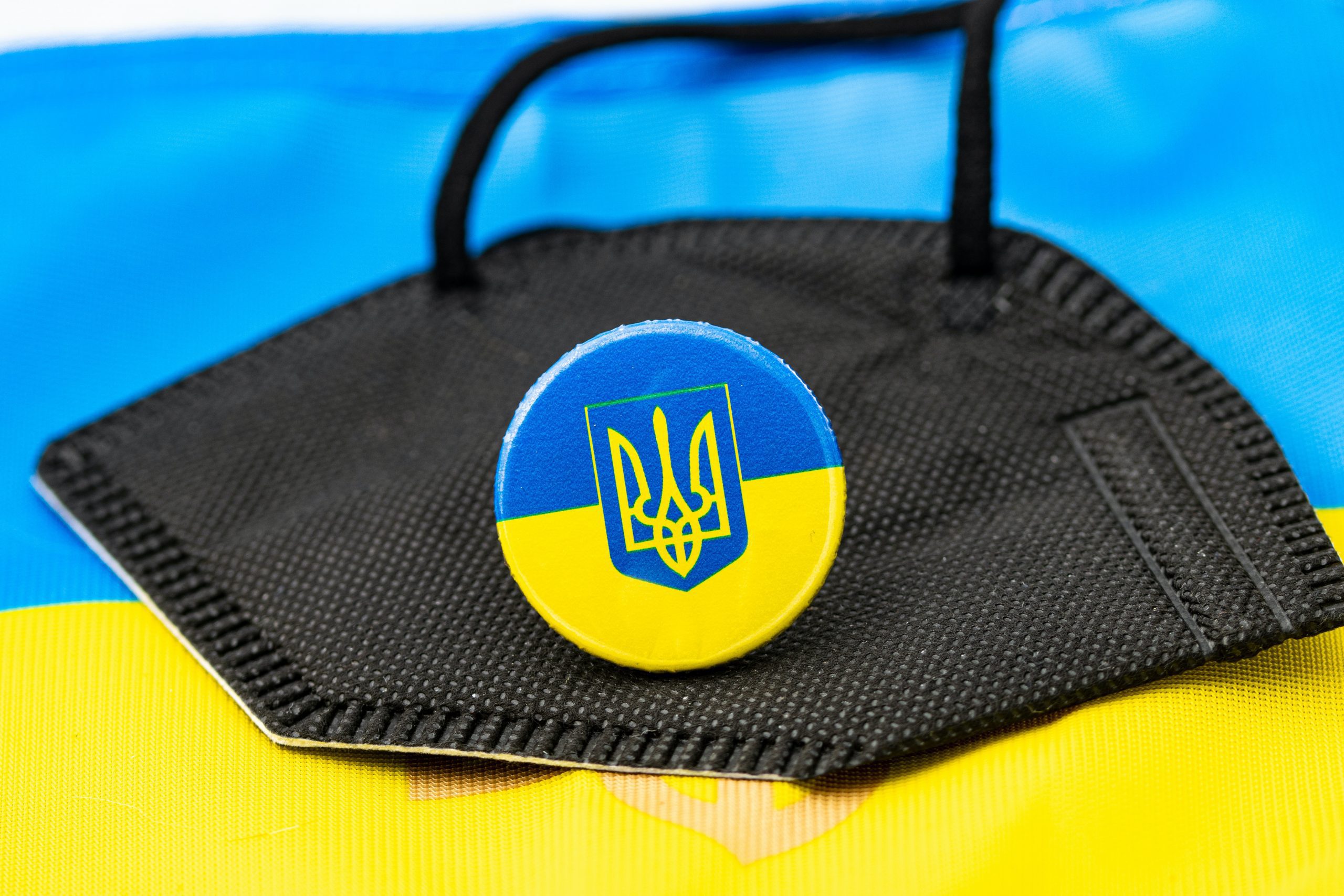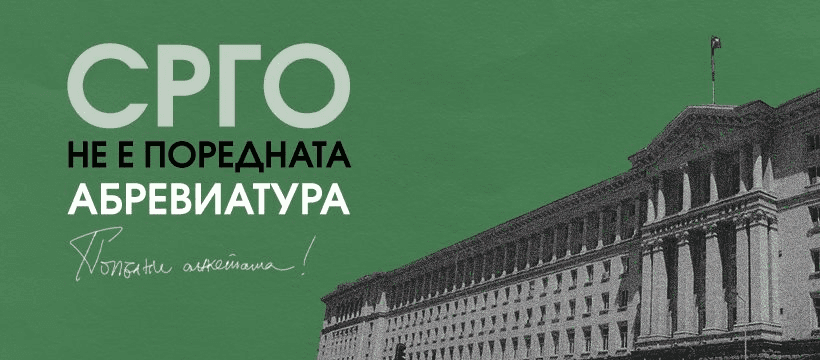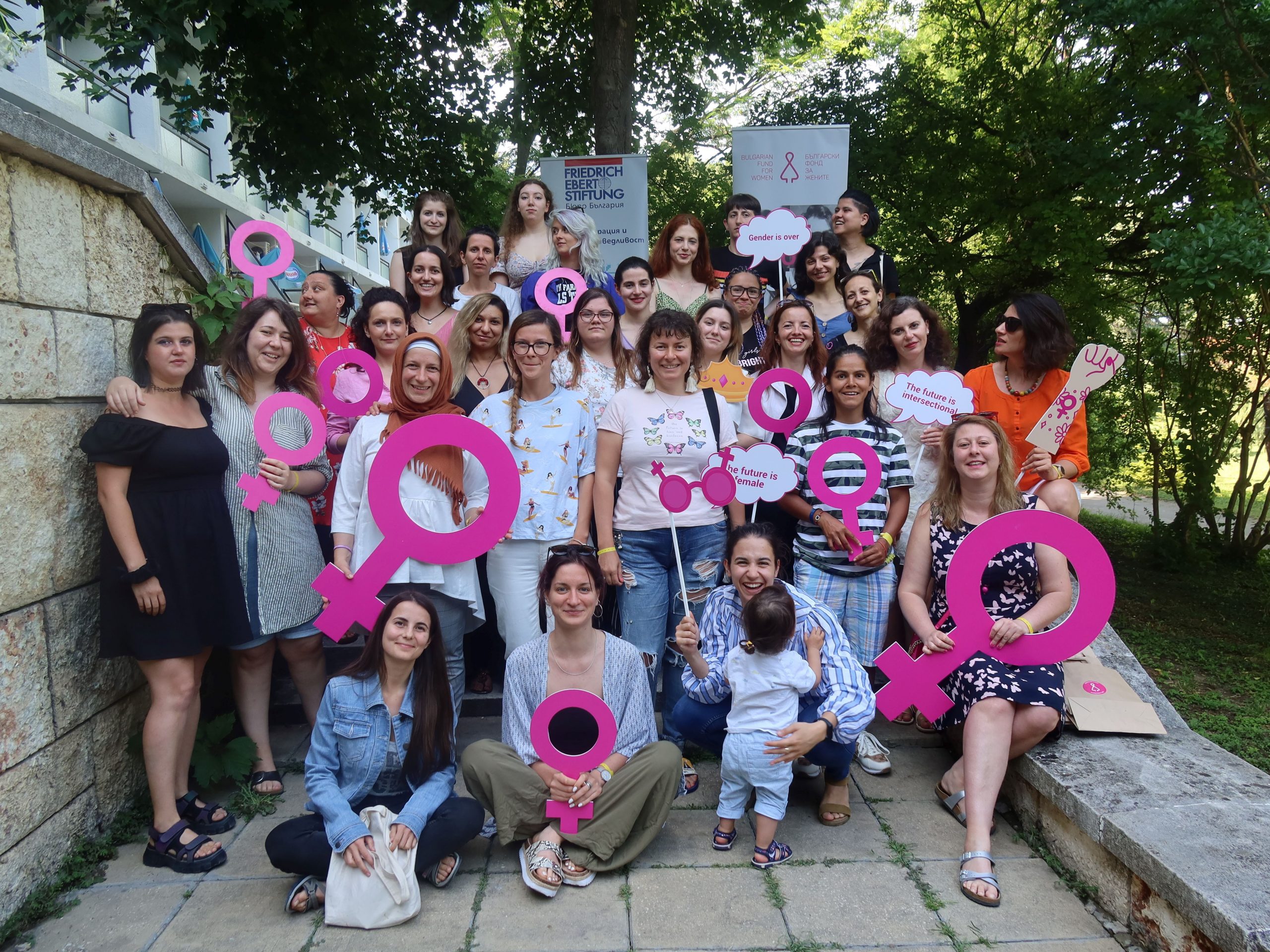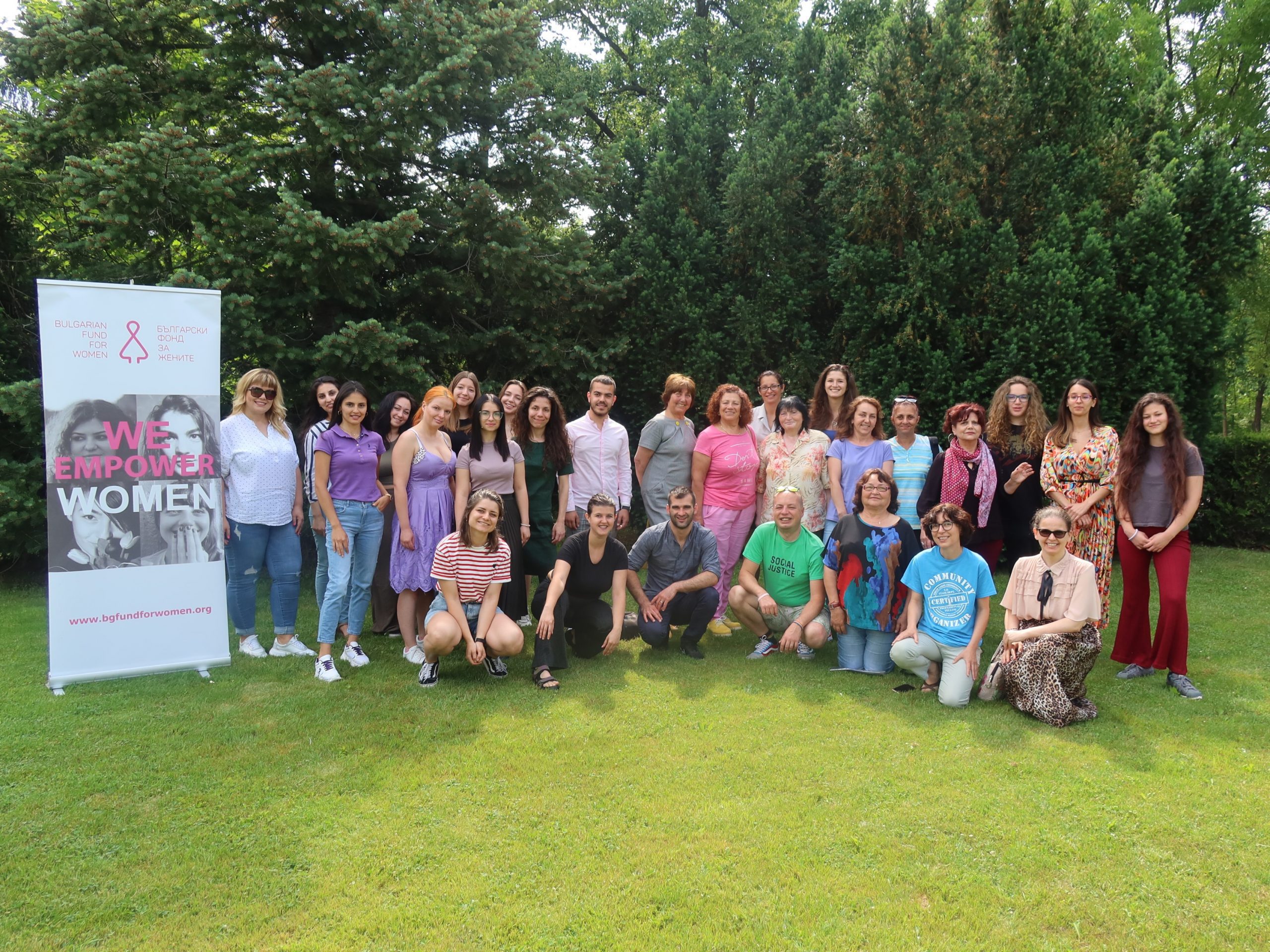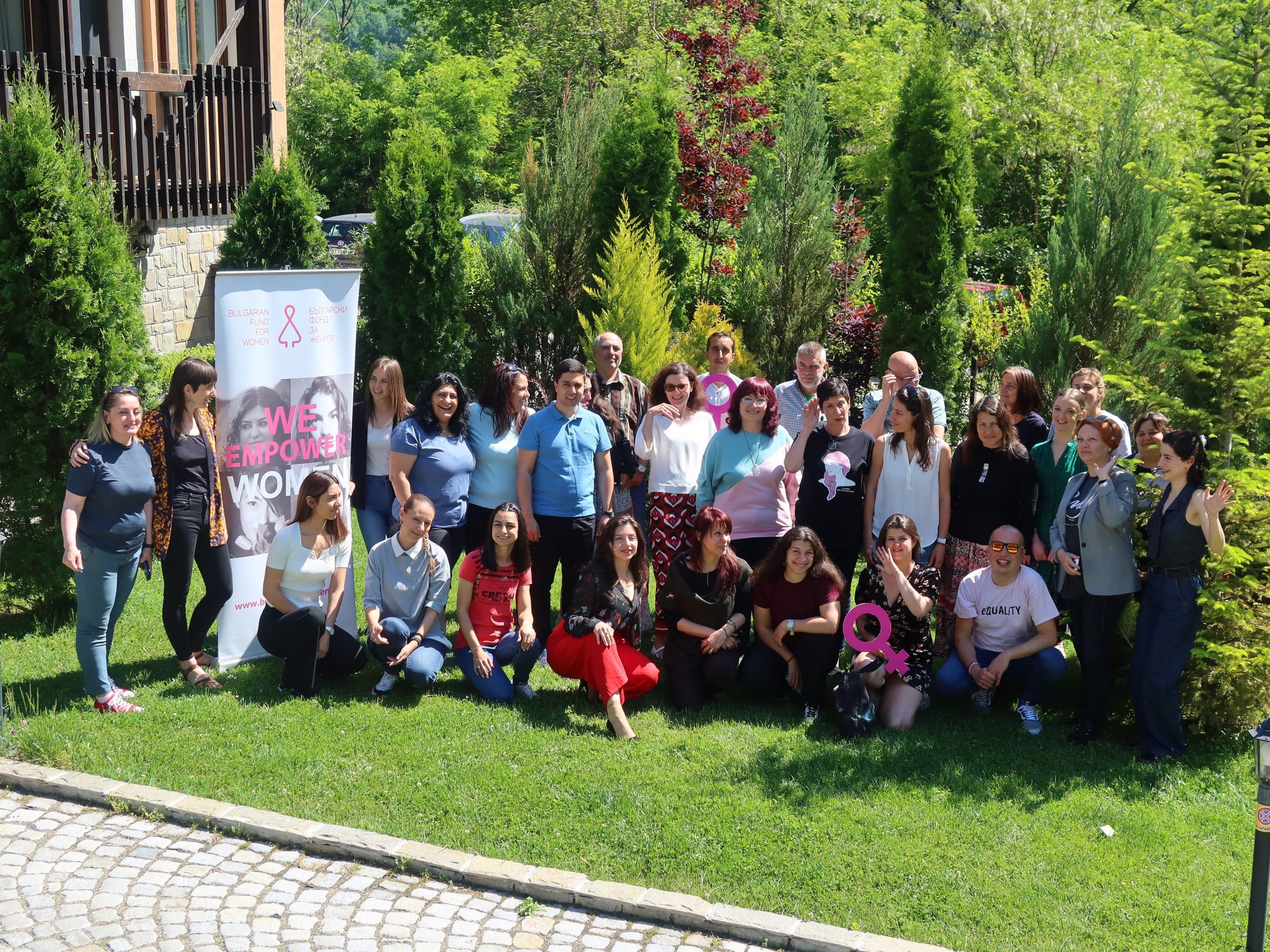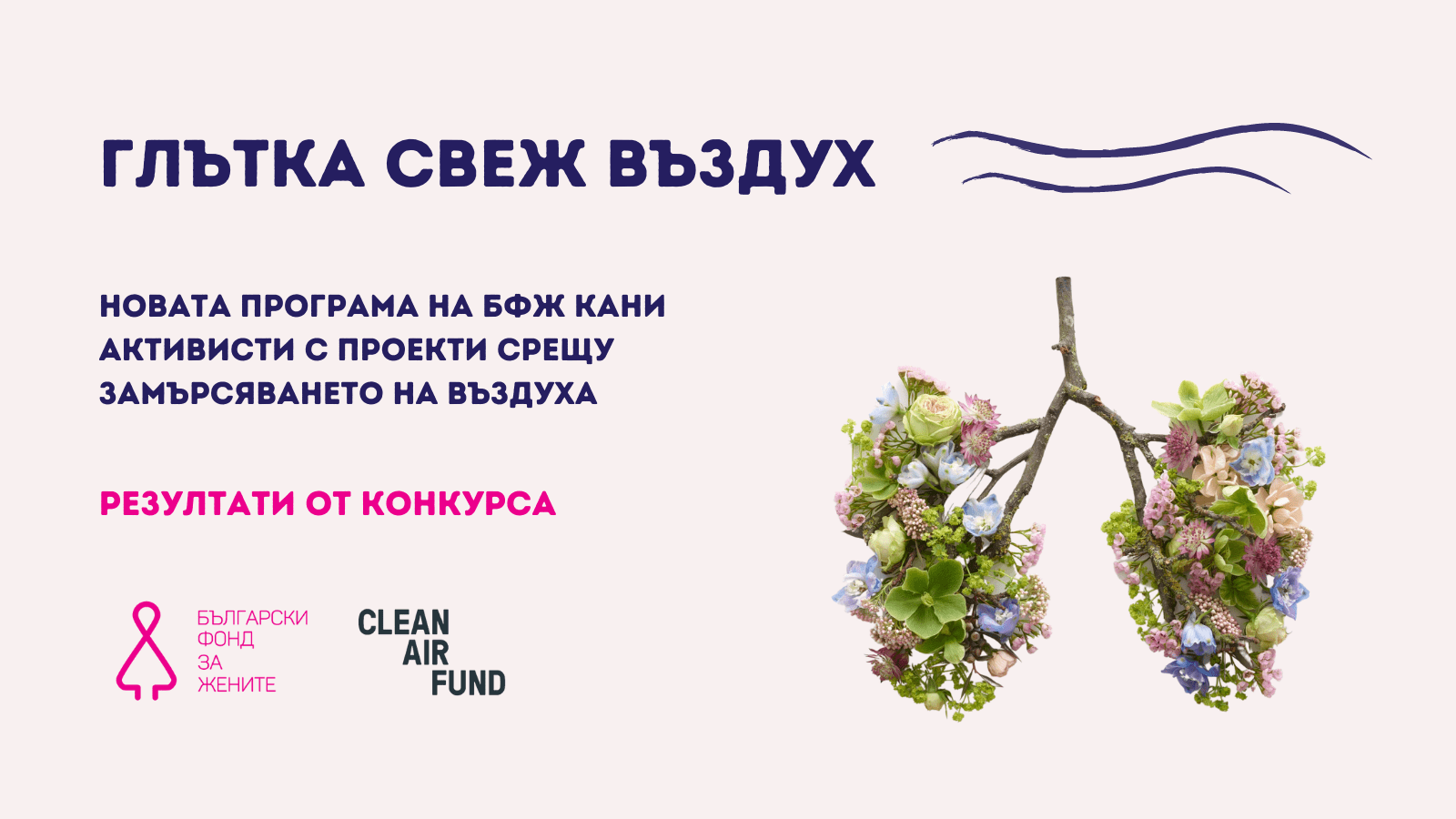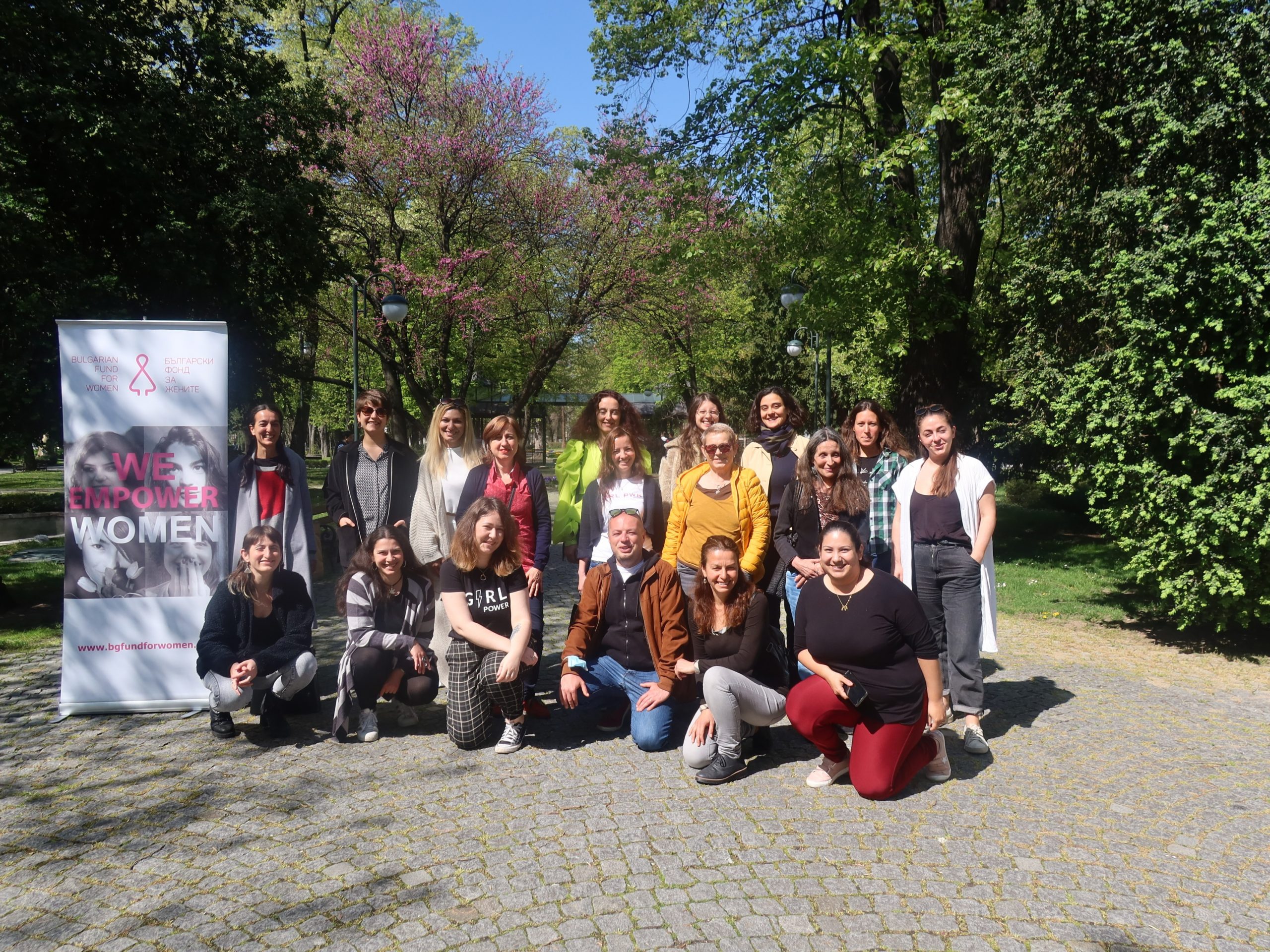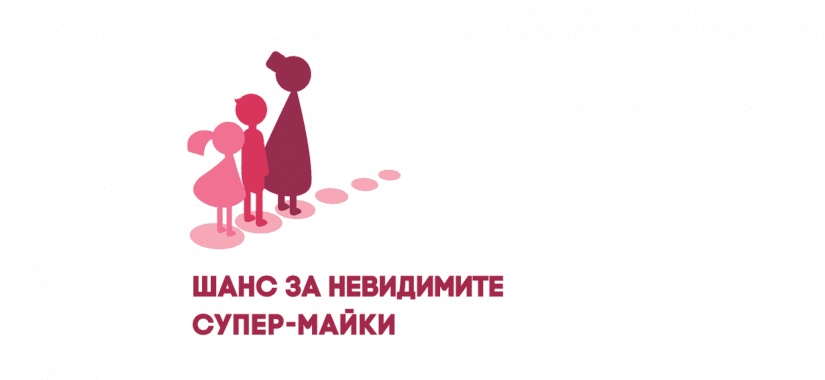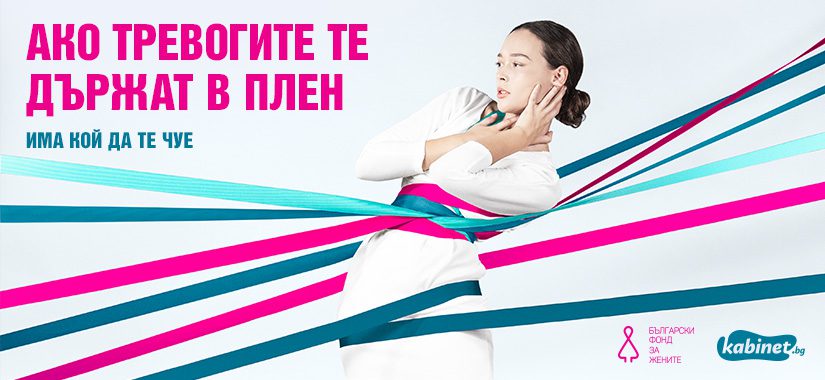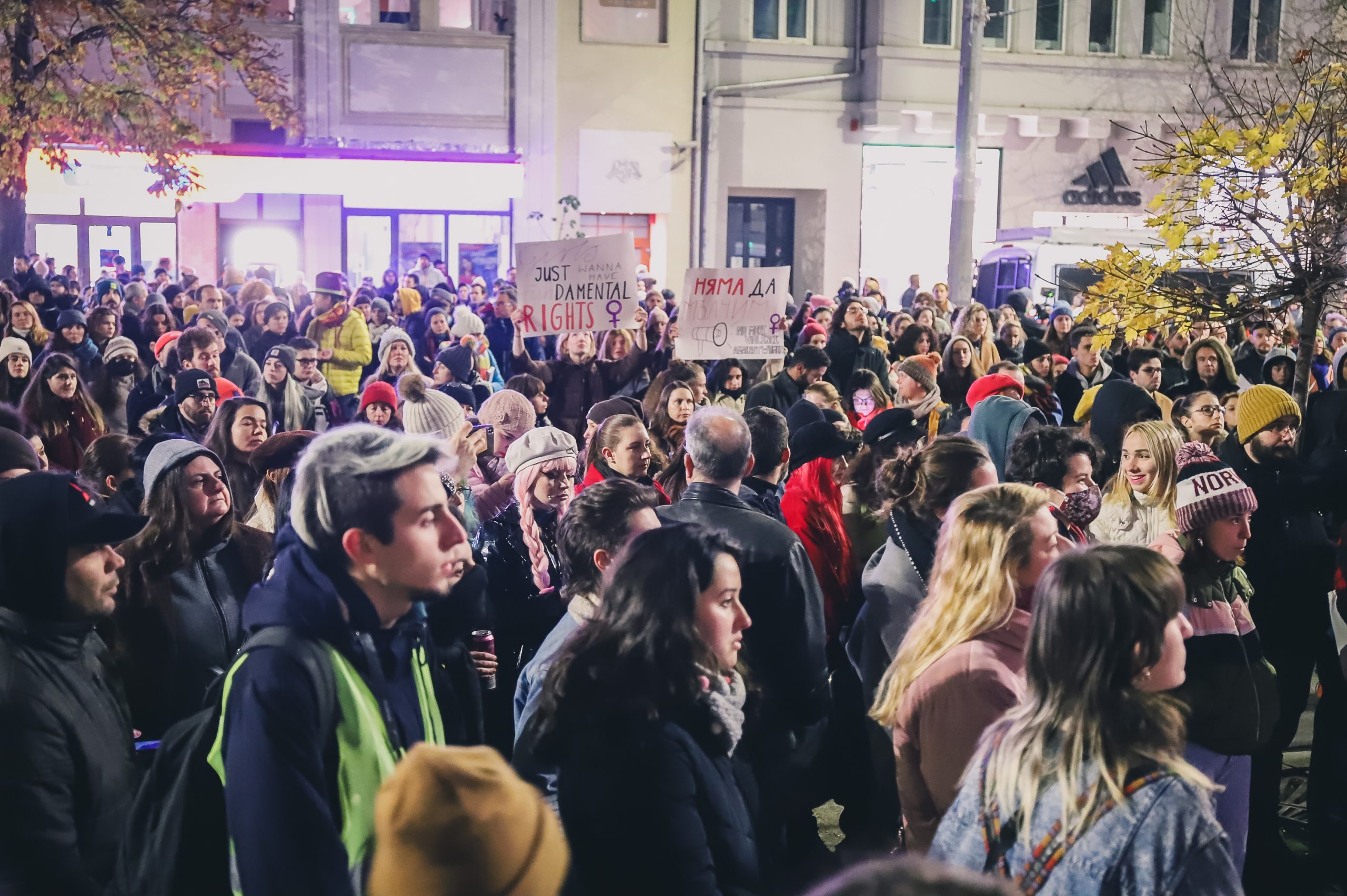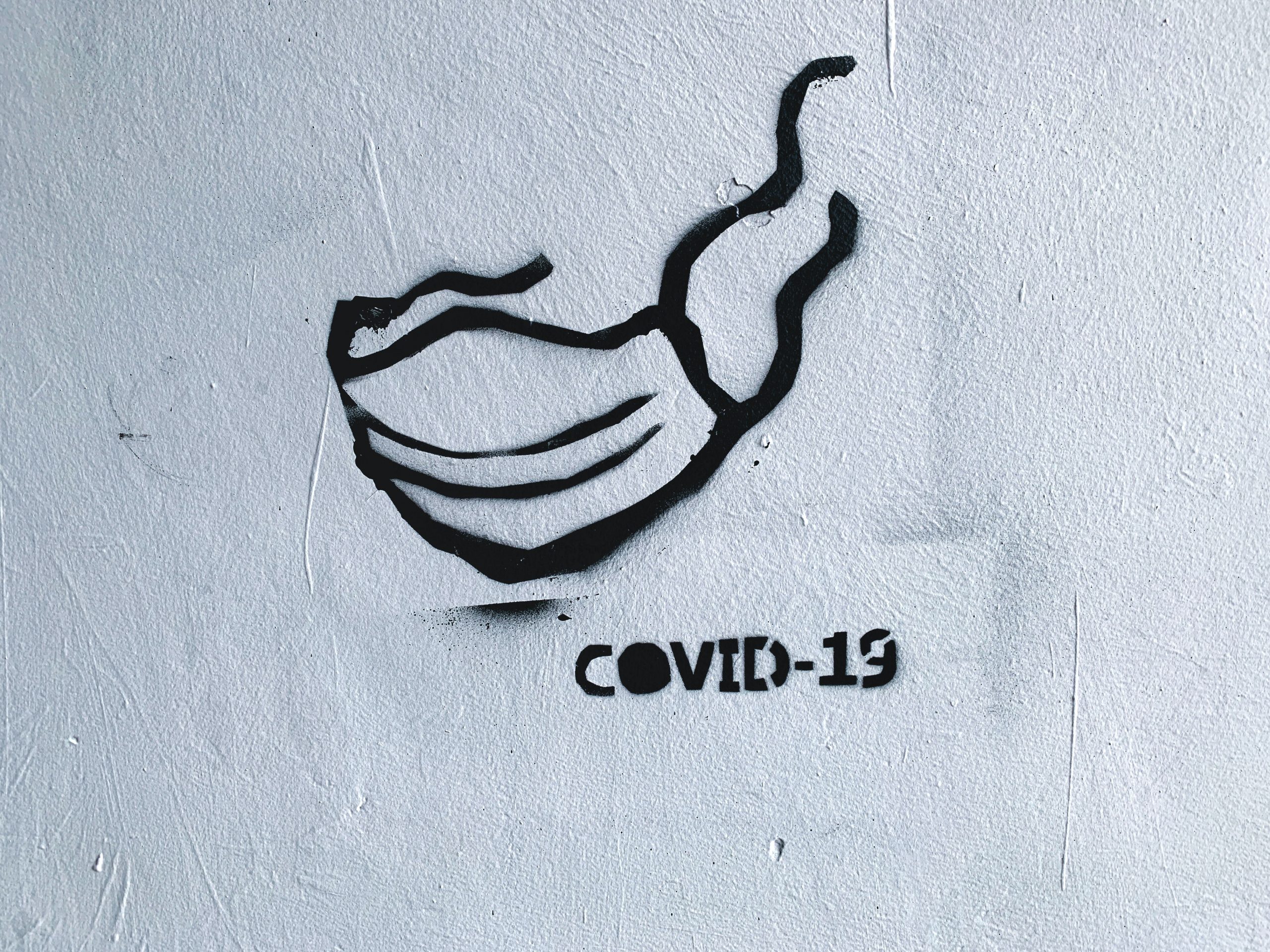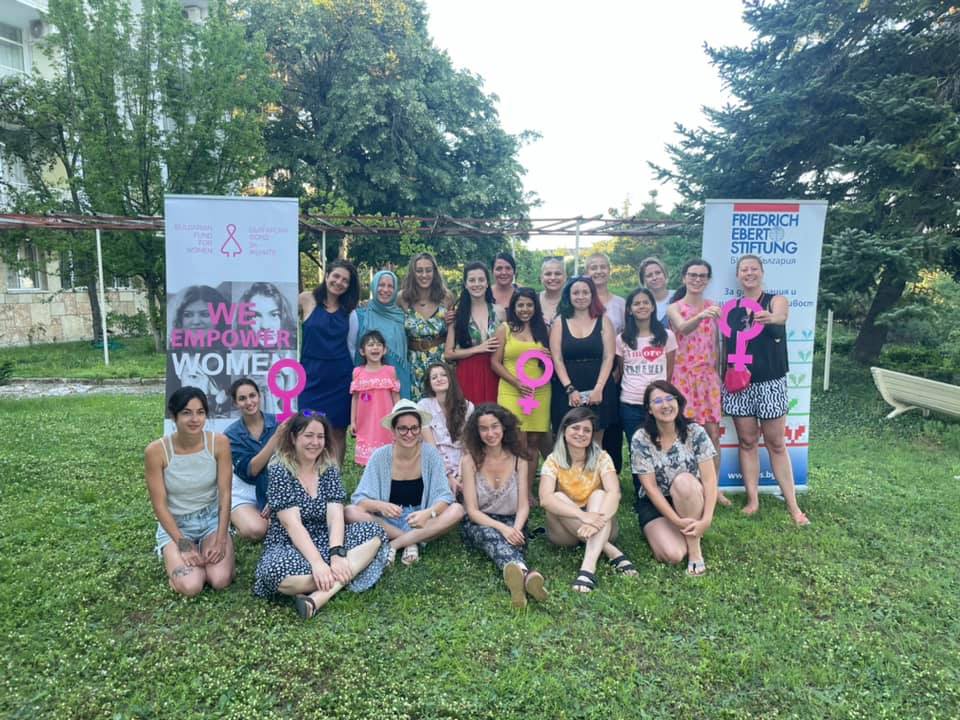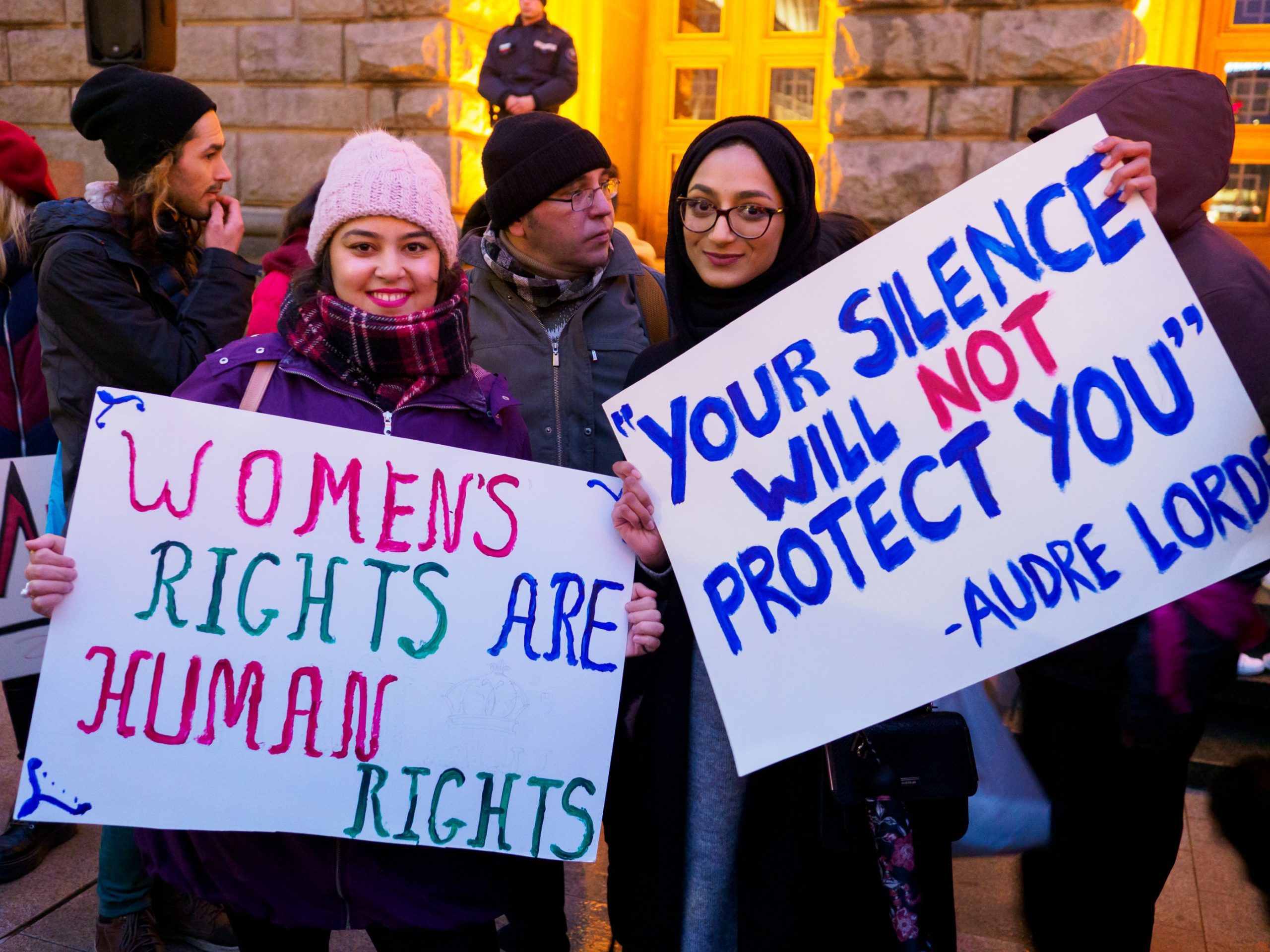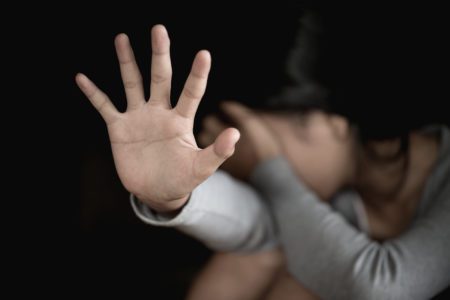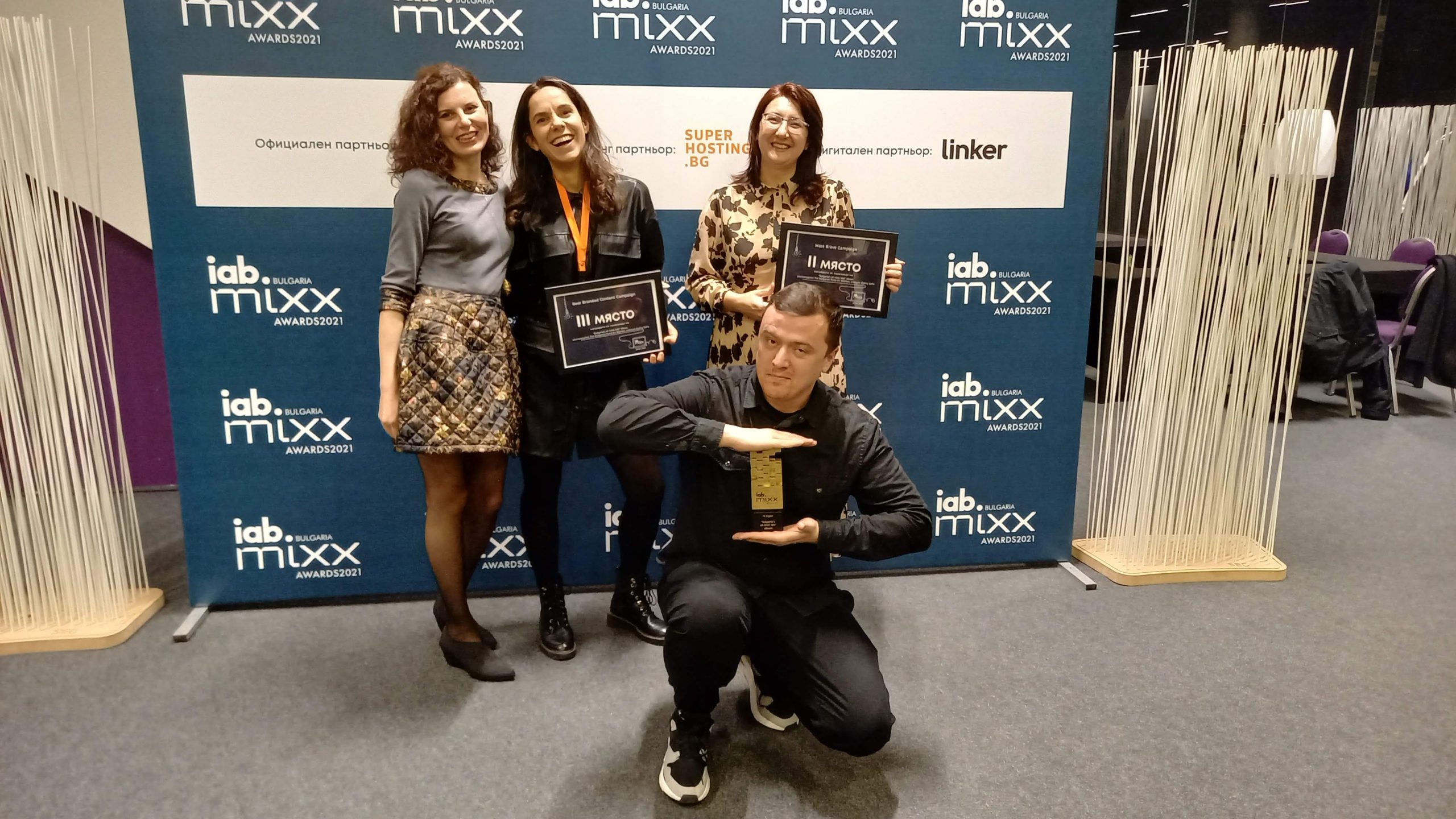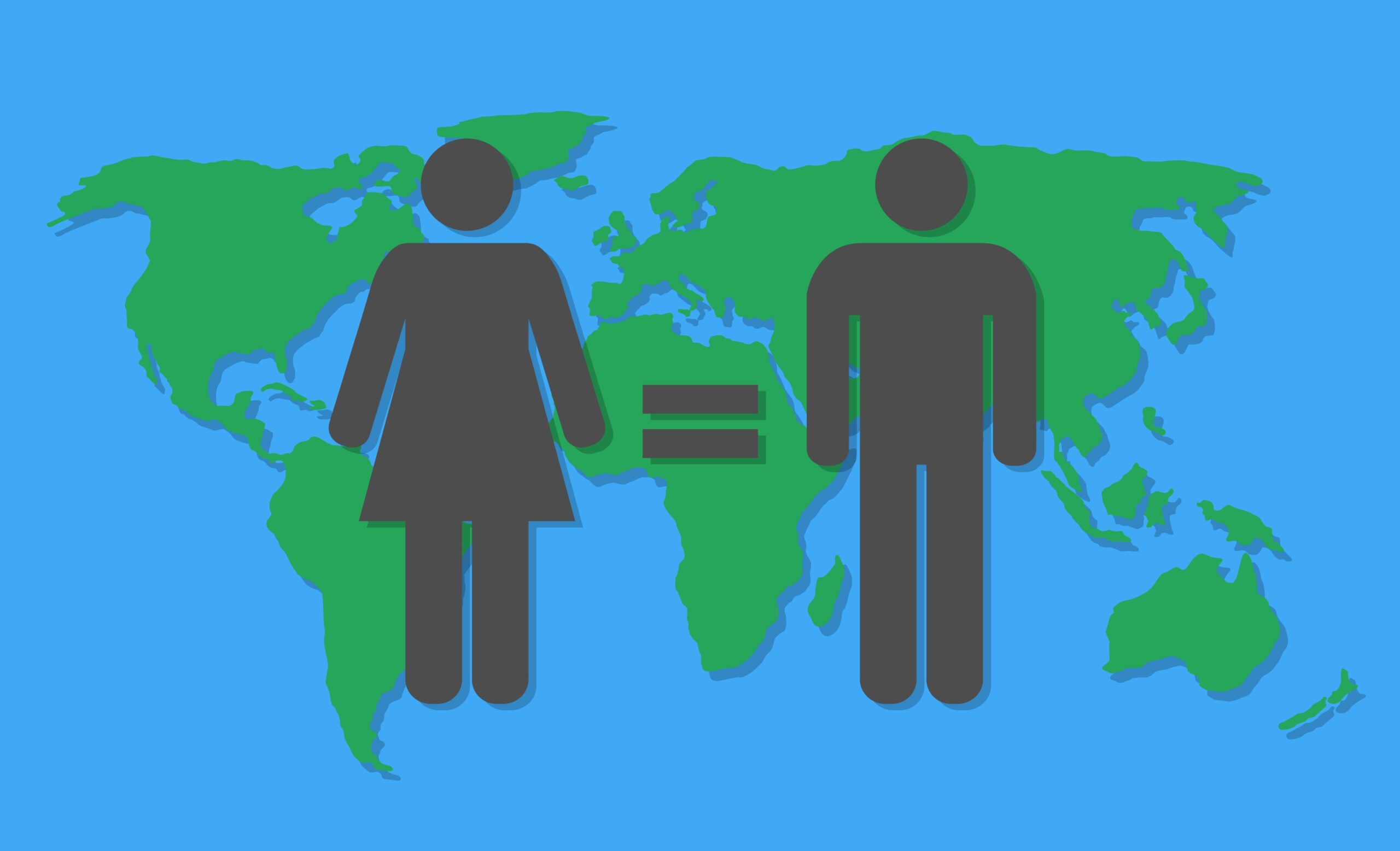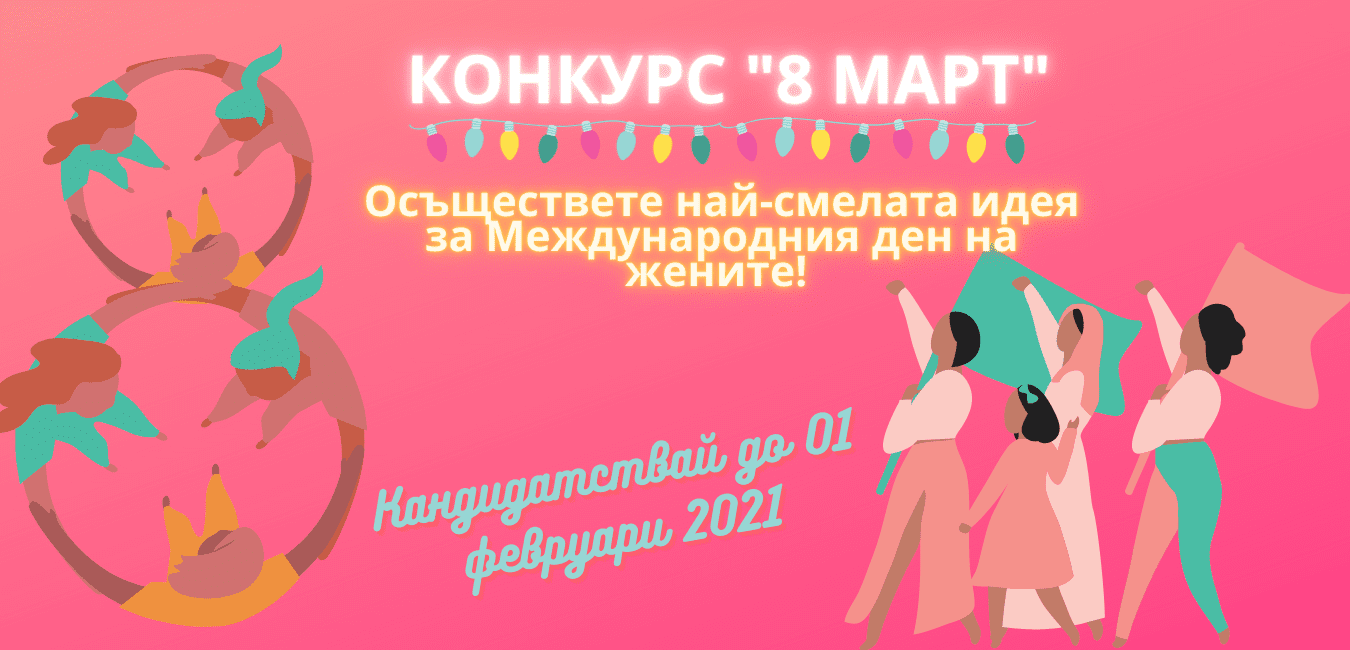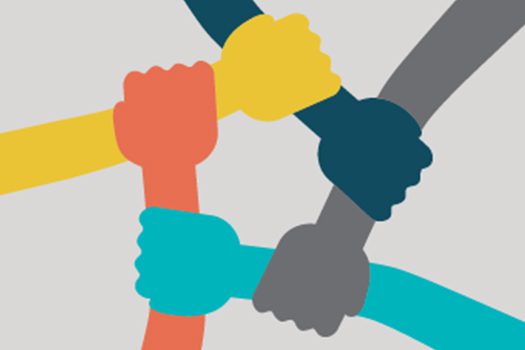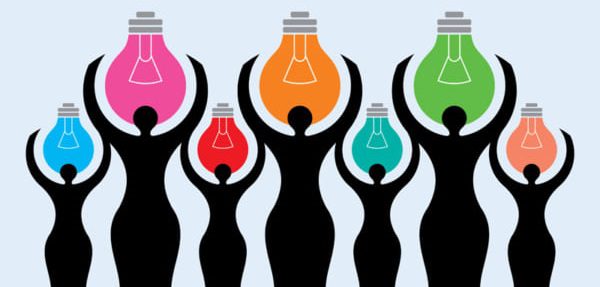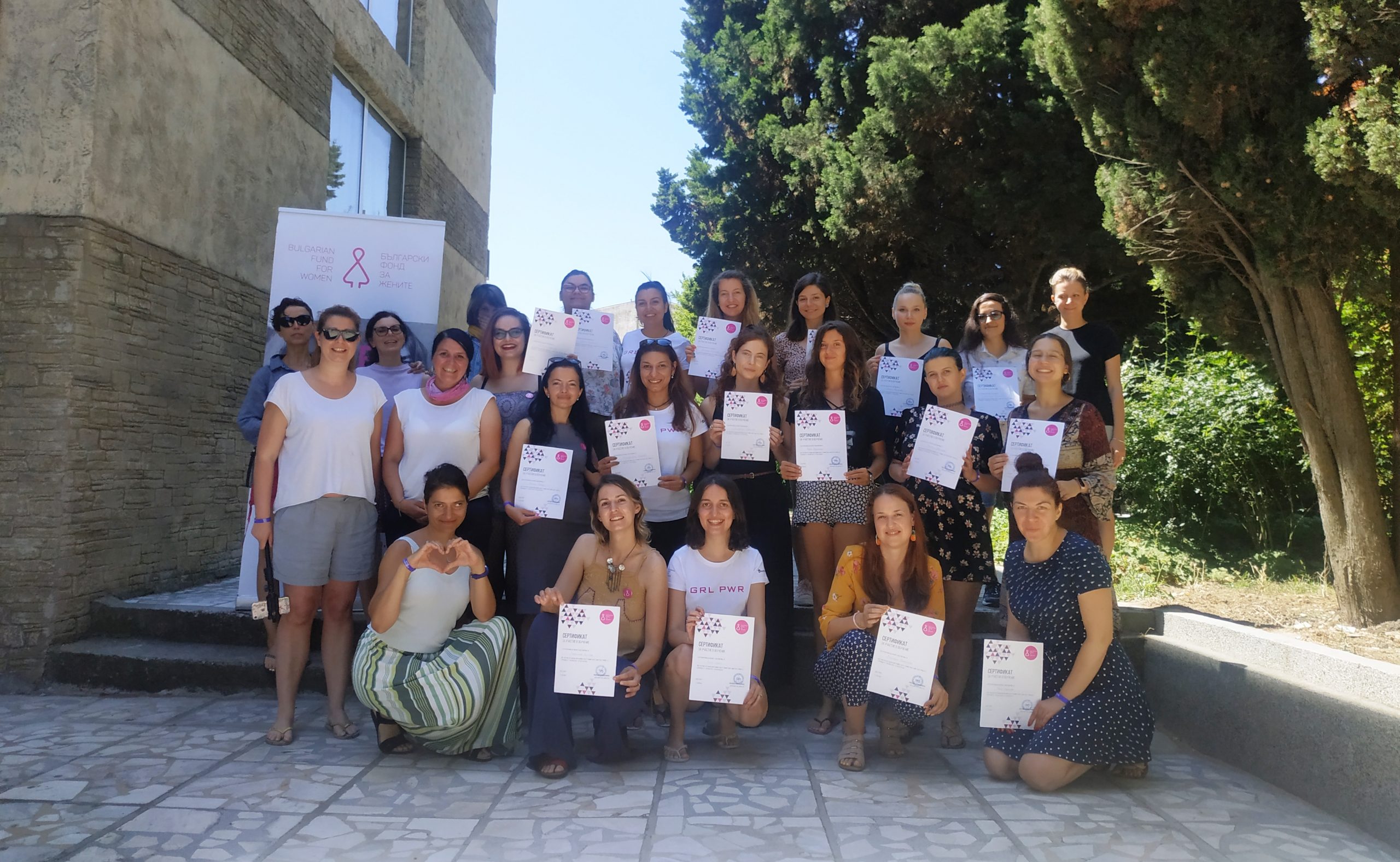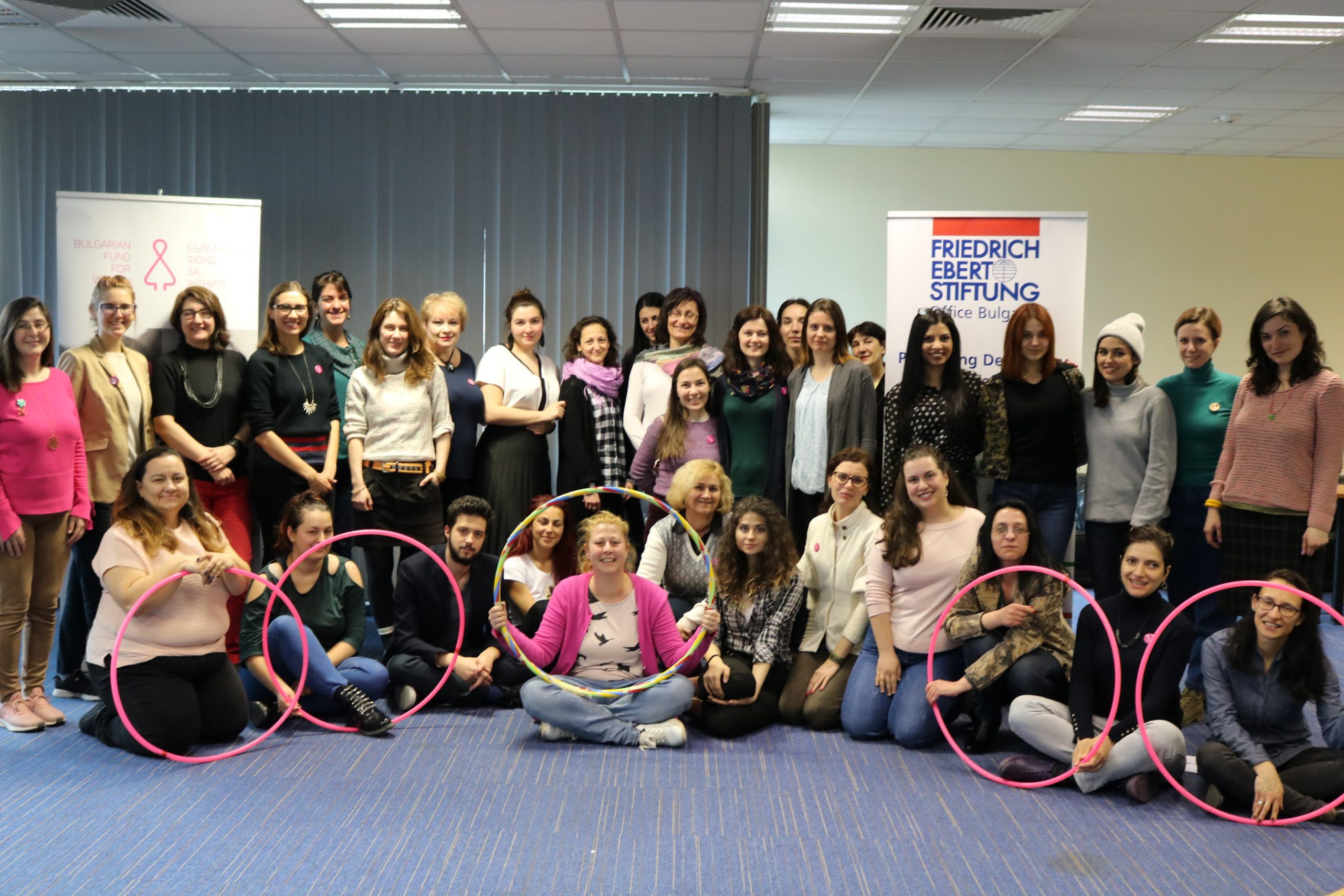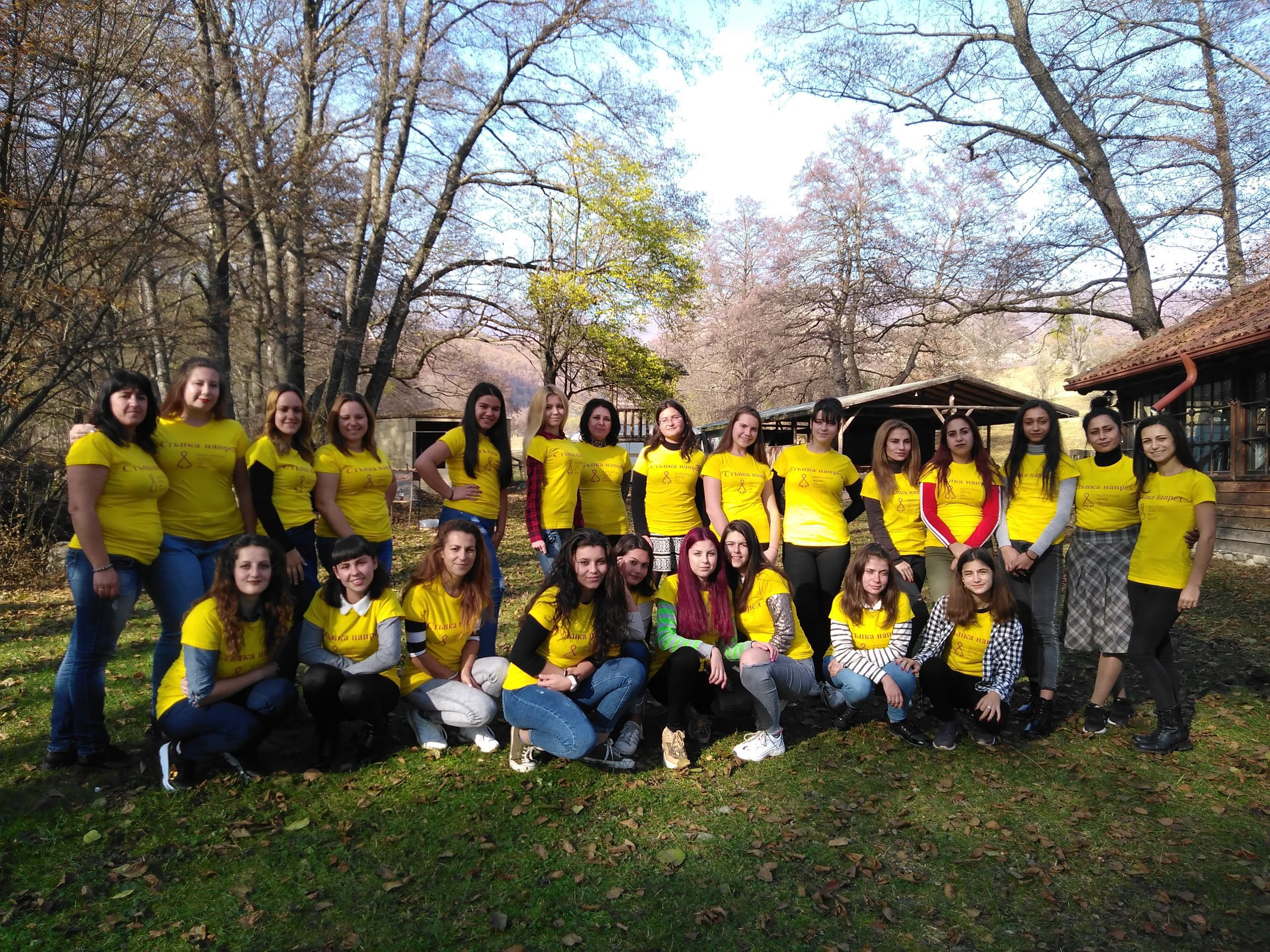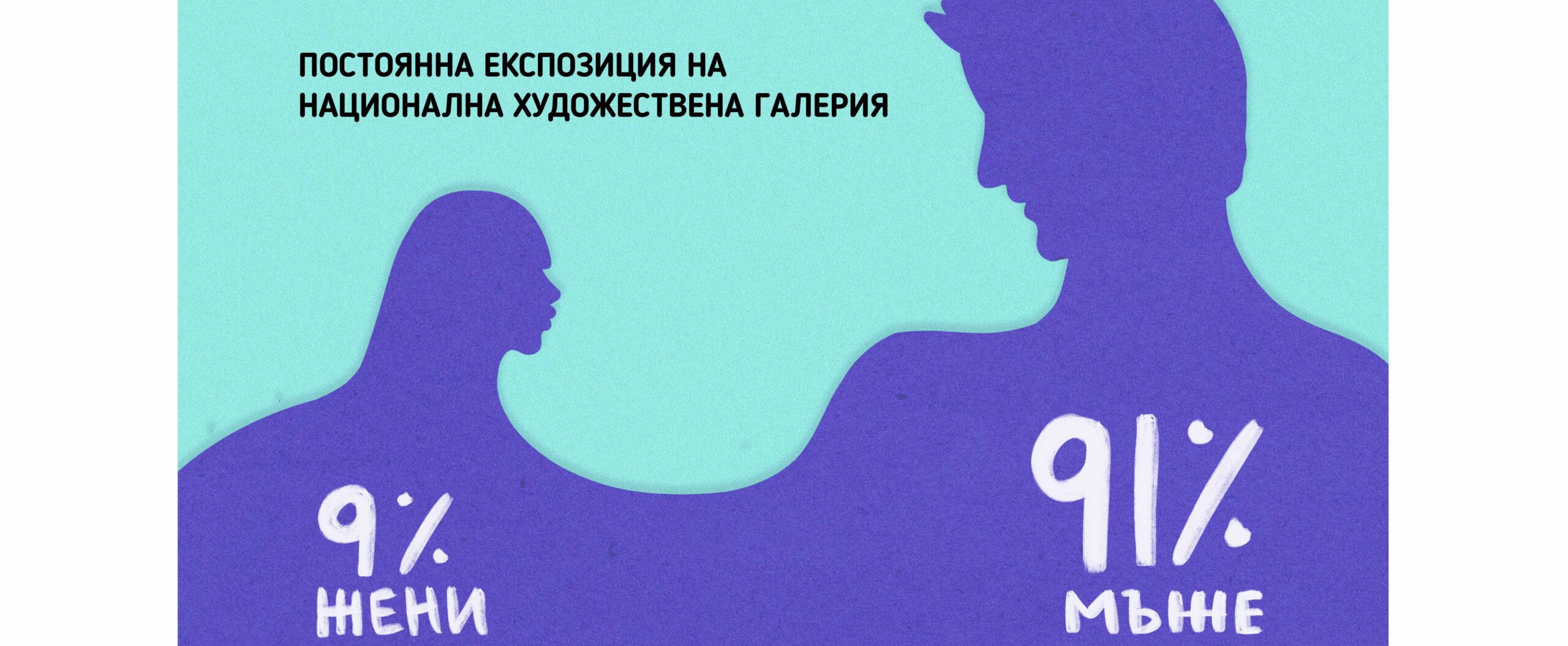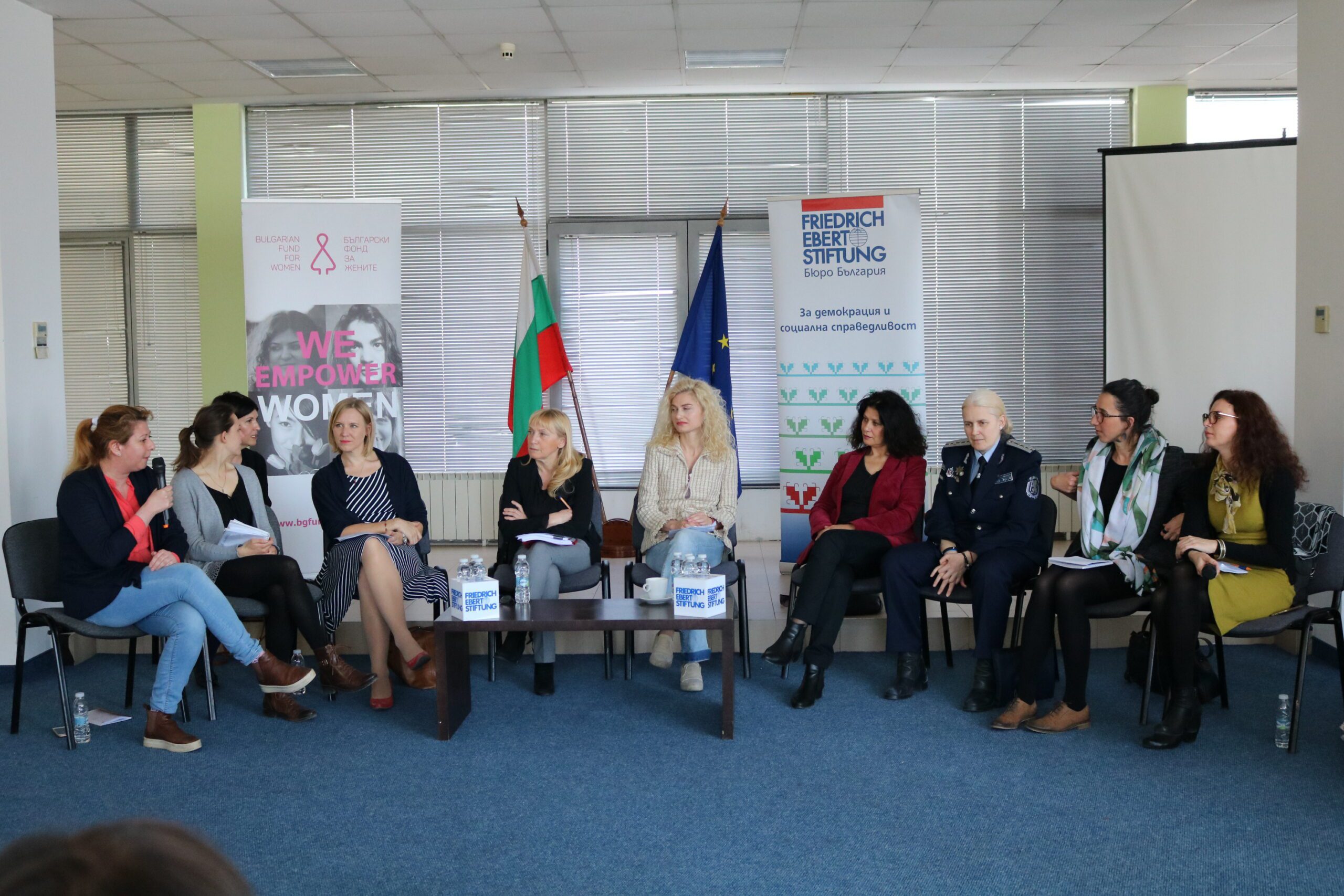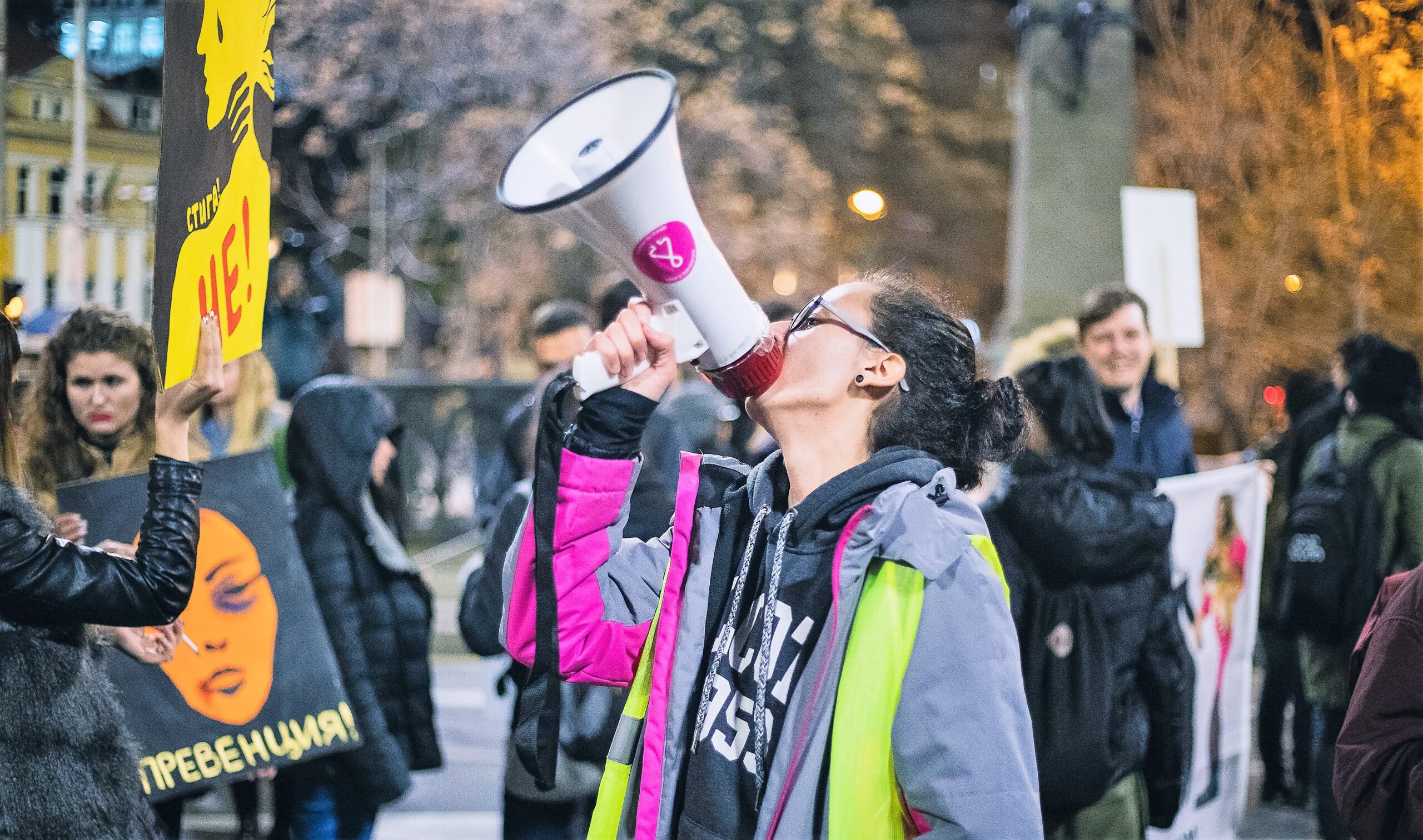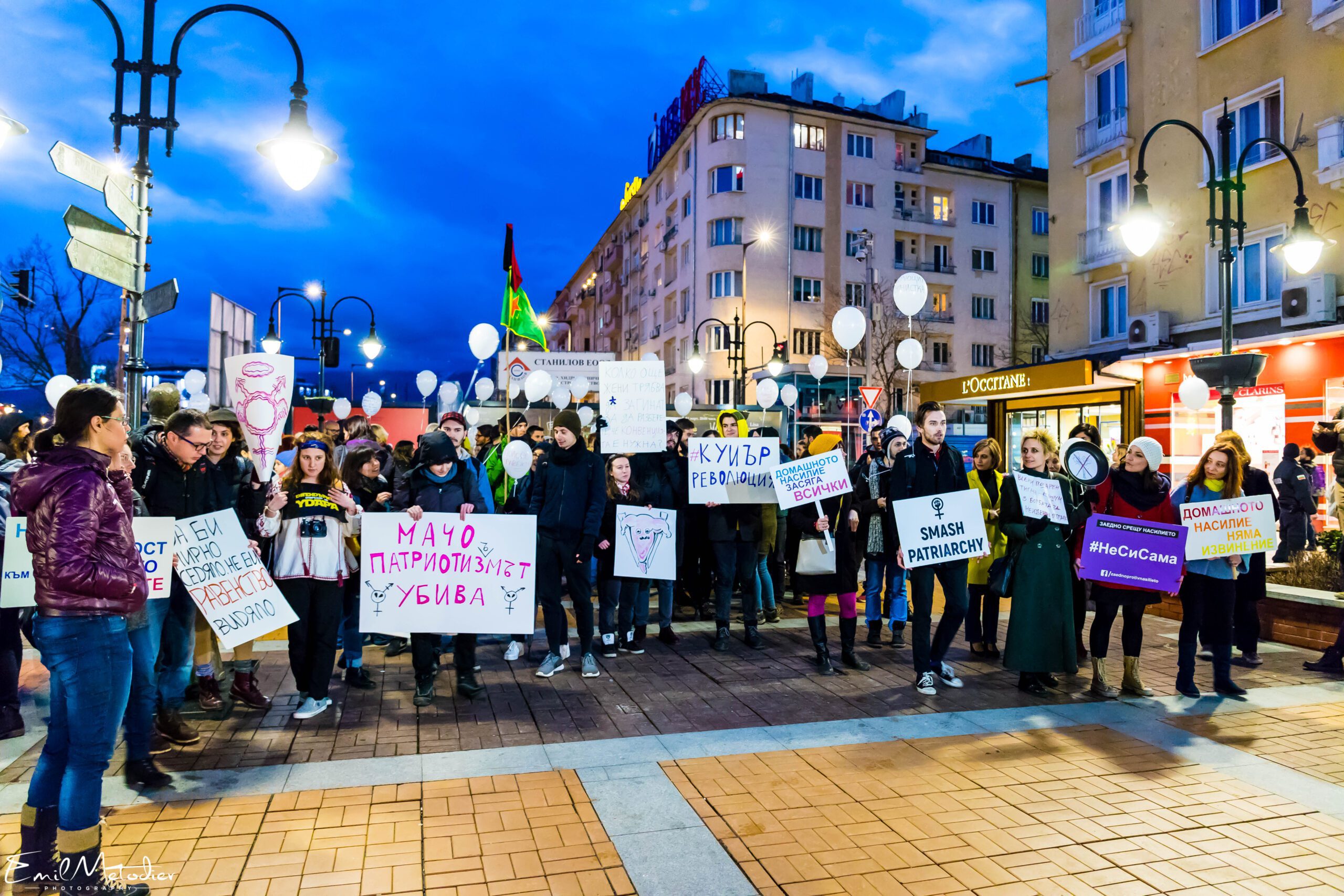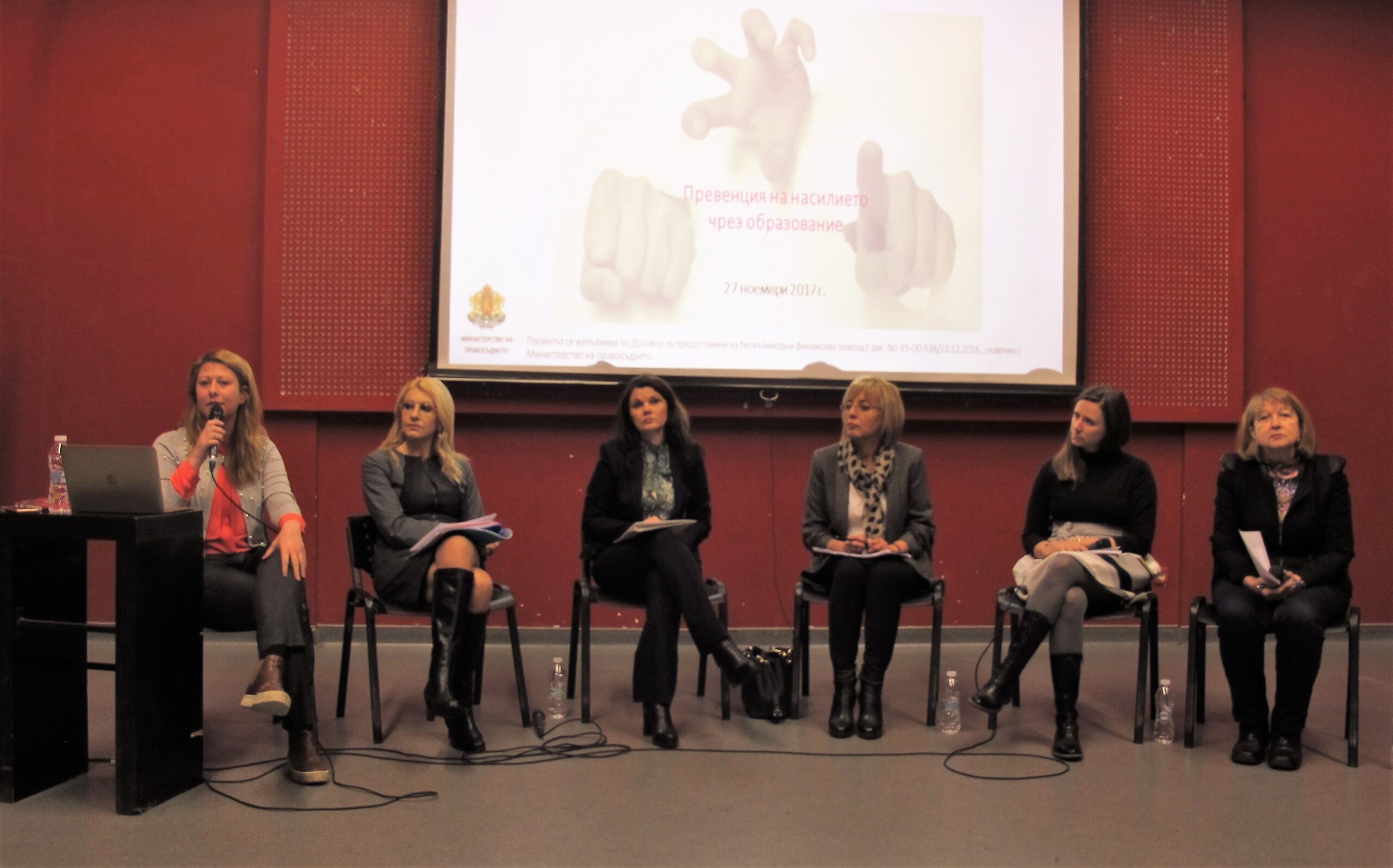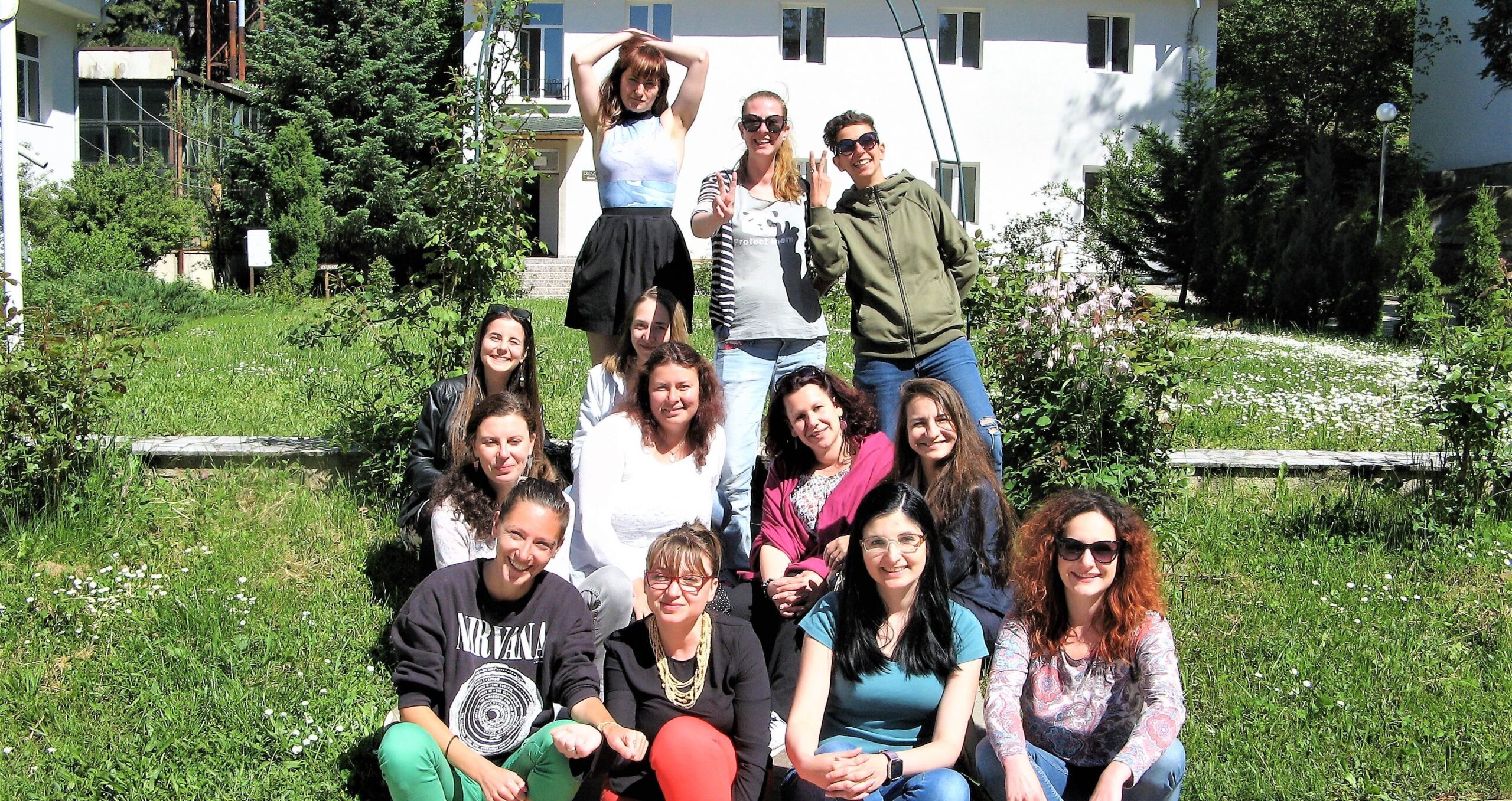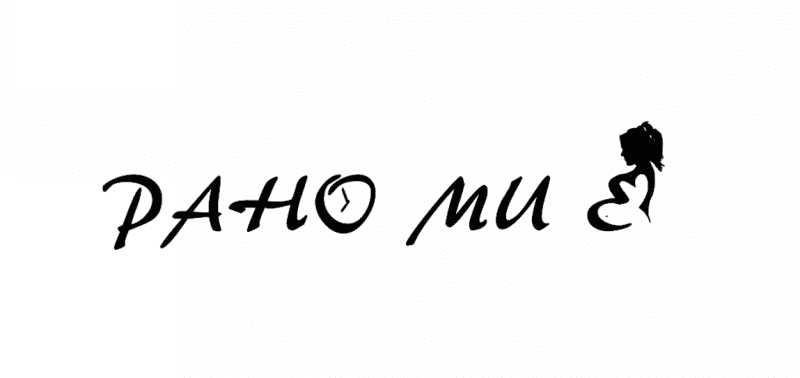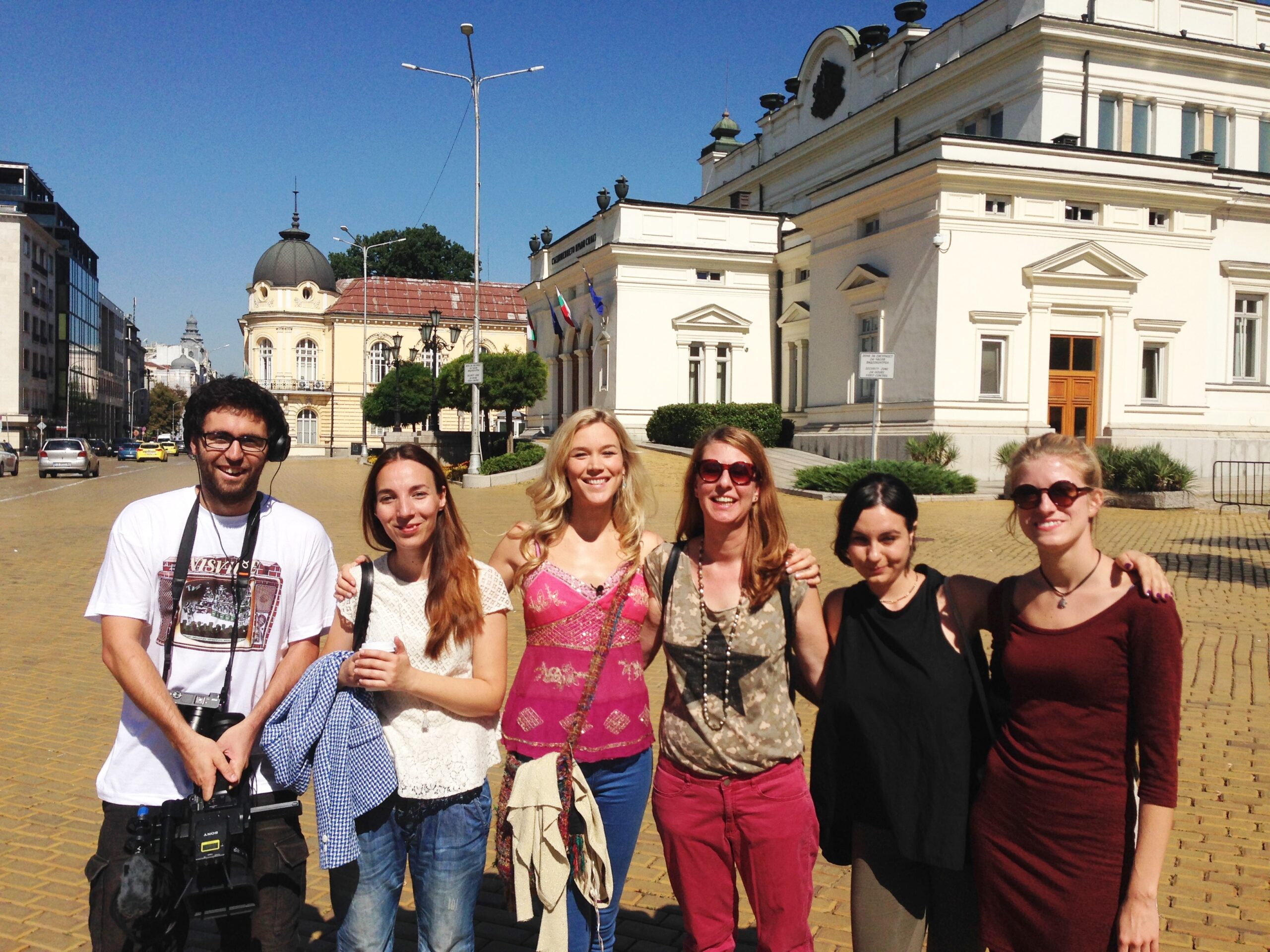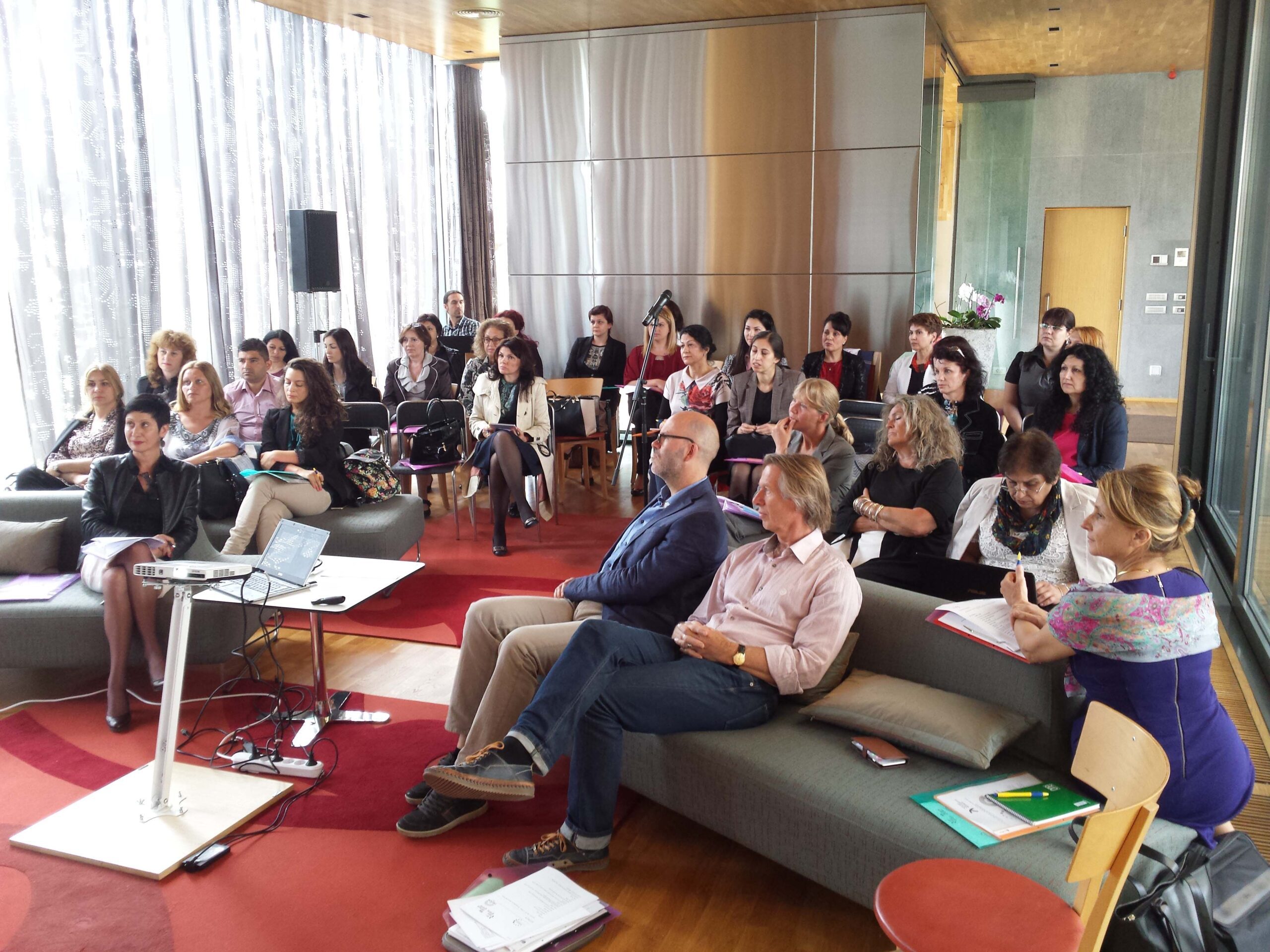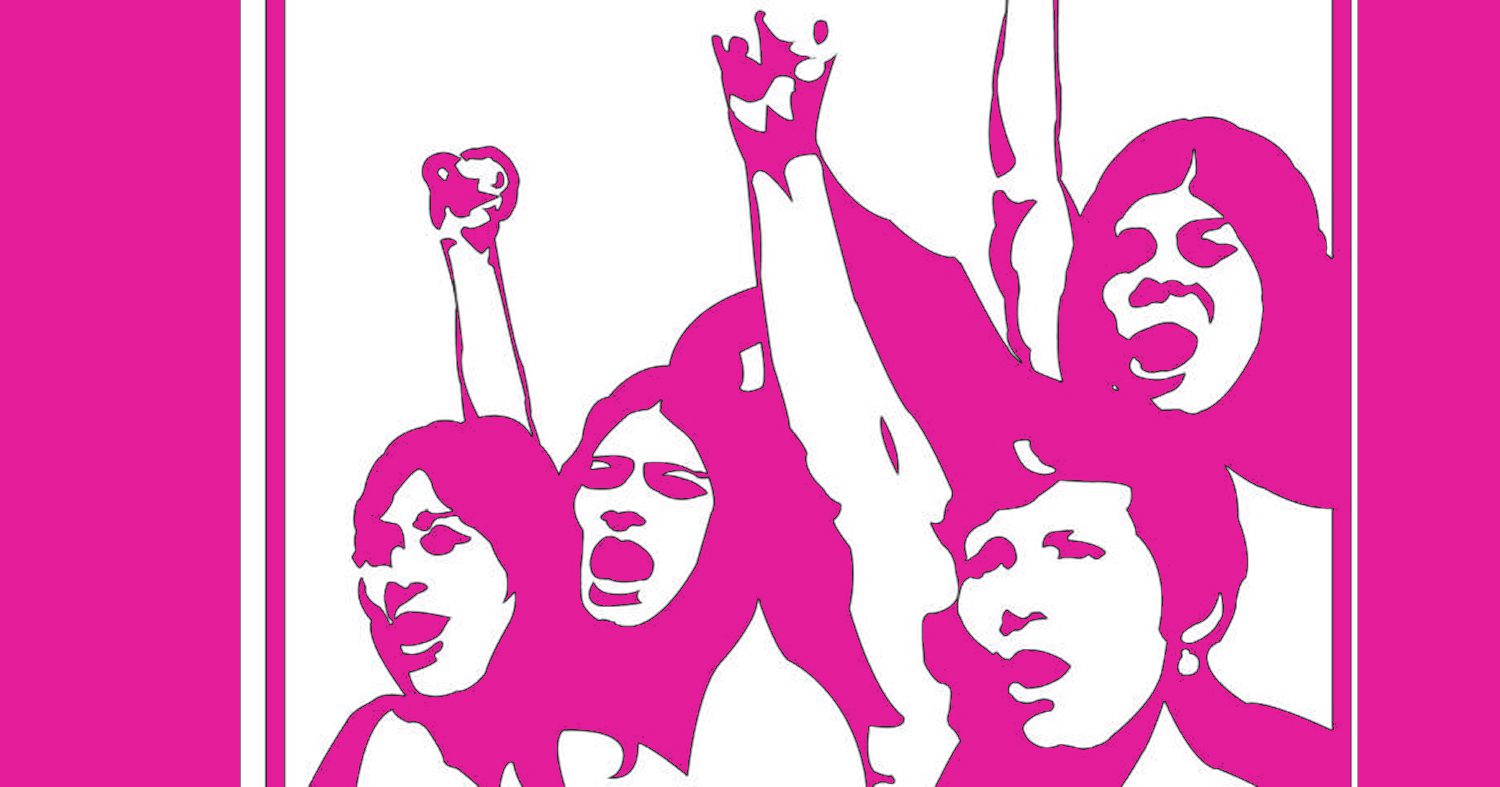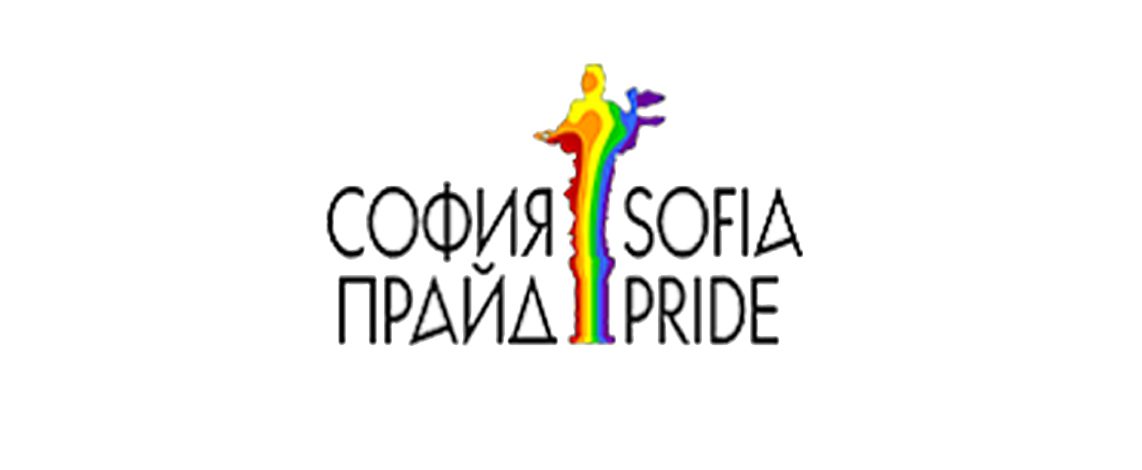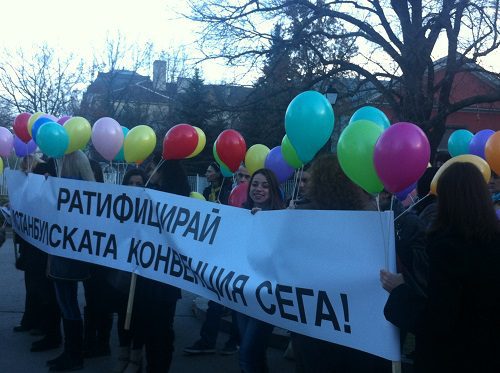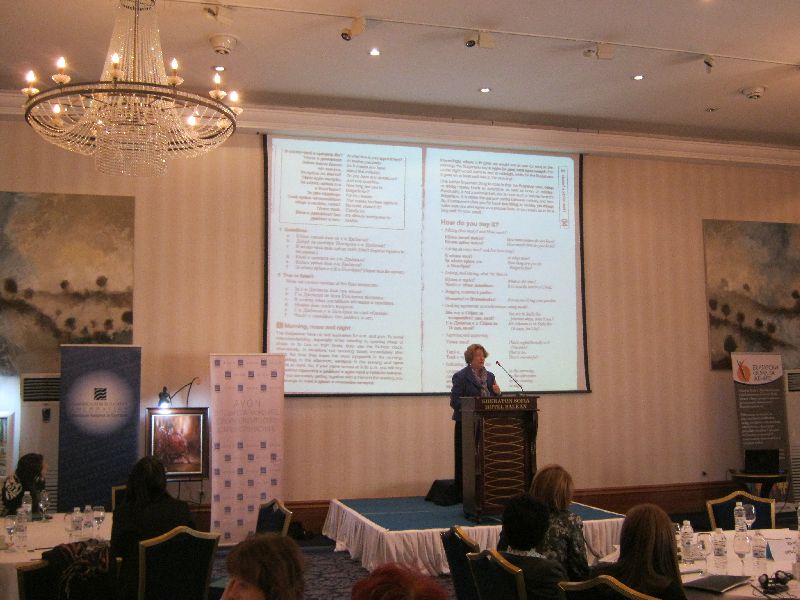Stanimira Hadzhimitova is the founder and director of the Center for Sustainable Community Development Foundation. In 1995, she co-founded one of Bulgaria’s first gender equality advocacy groups, the Gender Project in Bulgaria Foundation, and in 2004, she established Bulgarian Fund for Women. In this interview with Maria Cheresheva, Hadzhimitova reflects on her journey as an activist, her struggles within civil society, her accomplishments, and the challenges that lie ahead.
***
The Turning Point: 1994
1994 is a year many of our readers and listeners may not remember, and those who do might associate it with the unforgettable success of Bulgaria’s national soccer team at the World Cup in the United States, or the rise of the controversial conglomerate Multigroup. For one woman, however, 1994 marked a turning point—not just in her personal life, but also in the development of Bulgaria’s modern women’s movement.
At the time, Stanimira Hadzhimitova was in the prime of her career. Having started as an engineer at Mashinexport, a state-owned enterprise, she later transitioned into private business following the political changes. Stanimira had a family and appeared to have a successful life, especially given the turbulent era. Yet, as she recalls, something was missing. “I was very overworked. My family was going through a rough patch after 20 years of marriage, and I felt a strong need to step away and reflect on my life,” she says.
It was during this period that her journey into activism began—one that would reshape both her personal life and Bulgaria’s feminist movement. Stanimira traveled to Vienna for a ten-day excursion, never imagining that this trip would change everything. There, she met human rights lawyers at a regional conference, and over a glass of wine, they discussed women’s rights. “It was something very new for me,” Stanimira recalls.
As a woman who had succeeded in a male-dominated profession, she had never realized how many barriers she had faced—barriers stemming from structural gender discrimination in her career. It was an eye-opening experience.
The Beginning of Activism
Stanimira’s journey into activism began in earnest in 1995 when she co-founded the Gender Project Bulgaria Foundation, one of the country’s first gender equality advocacy groups, alongside lawyer Genoveva Tisheva. Later that same year, Stanimira attended the Fourth UN World Conference on Women in Beijing, a transformative moment that brought together 30,000 participants from around the world. Although the conference raised more questions than answers, it was an invaluable source of inspiration, fresh perspectives, and new connections.
Stanimira’s time in Beijing deepened her conviction that women must be equally involved in governance and that their voices, experiences, and contributions should be heard—not just in their personal lives but in shaping society. “Isn’t this an opportunity to improve the world in a human sense?” she reflects. Over the years, she has remained steadfast in her belief that women’s involvement in decision-making is crucial for making the world more humane. However, she acknowledges that the path to gender equality is far from linear.
Apostolic Work: Early Advocacy
From 1995 to 2012, the next 15 years were marked by great enthusiasm and dedication. The activists focused on uncovering issues like gender discrimination and domestic violence, which had been largely ignored in Bulgaria. They partnered with Western organizations, which provided both financial support and expertise. One such collaboration was with Minnesota Advocates for Human Rights, who helped implement Bulgaria’s first study on domestic violence. The findings were shocking. Despite circulating surveys mostly among friends and family, activists encountered deafening silence on the subject, revealing that domestic violence was considered a non-issue at the time.
One of the significant milestones during this period was the adoption of the Law on Protection from Domestic Violence in 2005. Stanimira reflects on the grassroots work involved in this achievement: “You have to go around, talk, explain. This is apostolic work. You have to find the data, interpret it, share it, ask, and explain.”
The Funding Crisis and ‘War on Gender’
As Bulgaria’s EU accession progressed, a paradox emerged: international donors began to withdraw before significant changes had been made, leaving civil society organizations with fewer resources to tackle issues like gender equality and domestic violence. Stanimira notes that Bulgaria was not yet prepared for the type of philanthropy that promotes social change, focusing on altering mindsets and behaviors rather than providing immediate aid. At the time, gender equality was not an attractive topic for donors.
In response, Stanimira, with the support of Mama Cash and the Global Fund for Women, established Bulgarian Fund for Women (BFW) in 2004. The goal was to create a sustainable local fund to support women’s issues and distribute grants. BFW was officially launched in October 2004 and became part of a broader international wave of women’s funds across Europe.
Stanimira never imagined the organization would grow as it has. Reflecting on BFW’s success, she credits two remarkable women—Nadejda Dermendjieva and Gergana Kutseva, the current co-directors of the Fund—for playing a pivotal role in its growth.
Overlooked Issues: The ‘War on Gender’
While the early years of activism were marked by optimism, 2018 introduced a dark chapter for civil society in Bulgaria. This was the year the fight against the Council of Europe Convention on preventing and combating violence against women and domestic violence (also known as the Istanbul Convention) began, culminating in the “war on gender” rhetoric in the country. Stanimira explains that this campaign was part of a larger effort to attack LGBTQ+ rights, using societal intolerance toward the LGBTQ+ community to fuel the attack. The term “gender” was intentionally distorted and weaponized.
The escalating hostility around gender issues, especially regarding the idea of a “third gender,” led the Bulgarian Constitutional Court to legitimize the debate. This made it impossible for the Gender Project Bulgaria Foundation to continue under its original name. Once a respected organization, it became the target of aggressive attacks, culminating in the cancellation of a major development project in Tran.
Ultimately, the hostile political climate forced Stanimira to change the organization’s name after over 20 years of work. The Gender Project Bulgaria Foundation became the Centre for Sustainable Community Development, allowing Stanimira and her team to continue their mission under a new banner, despite the growing challenges.
Difficult Lessons Learned
Looking back on her career, Stanimira Hadzhimitova acknowledges both her achievements and the lessons she has learned along the way. Reflecting on her early activism, she admits that although there were women activists before her, she did not have the time or the inclination to explore their contributions fully. “I embraced the idea and started working on it with full dedication,” she says, acknowledging the criticism about the lack of continuity in Bulgaria’s feminist movement.
For Stanimira, her activism has always been driven by practical needs. “I was always looking for what could be changed, focusing on practical arguments to convince people of this cause—the cause of gender equality,” she says. She recalls that in her early years of activism, she found it relatively easy to win over male opponents to her cause.
One key issue that remains central to her work is the responsibility of women in positions of power. She expresses concern that the moment for profound, transformative change may be slipping away. Stanimira believes the strength of the women’s rights movement lies in the unity of its diverse community. Bulgarian Fund for Women (BFW) community, now larger and more diverse, includes women, queer individuals, Roma, and other organizations. For Stanimira, it is crucial that these groups remain united and avoid division.
“I imagine our whole movement as a river,” she says. “Various small rivulets and streams flow into this river. It would be a mistake if these groups started opposing each other or allowed others to do so. They must remember that for this river to reach the sea or the ocean, all these groups must respect each other and work together.”
